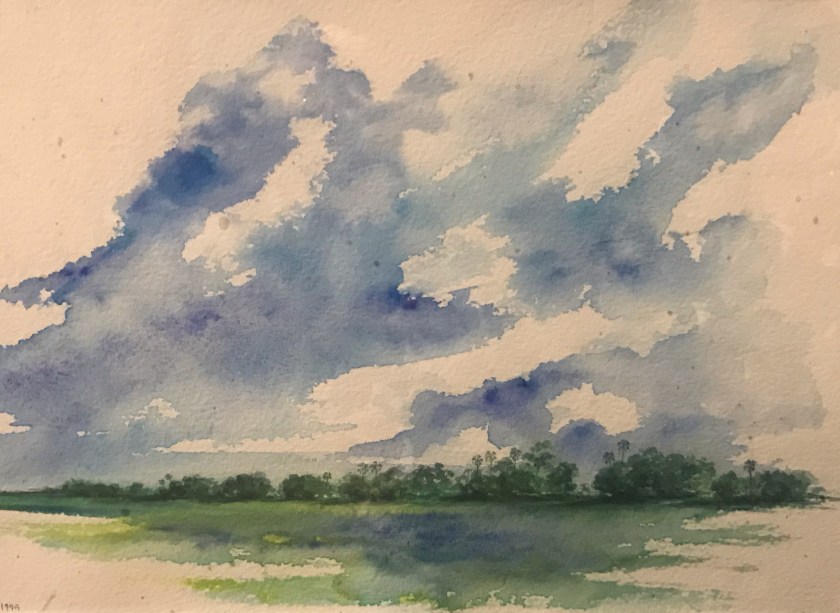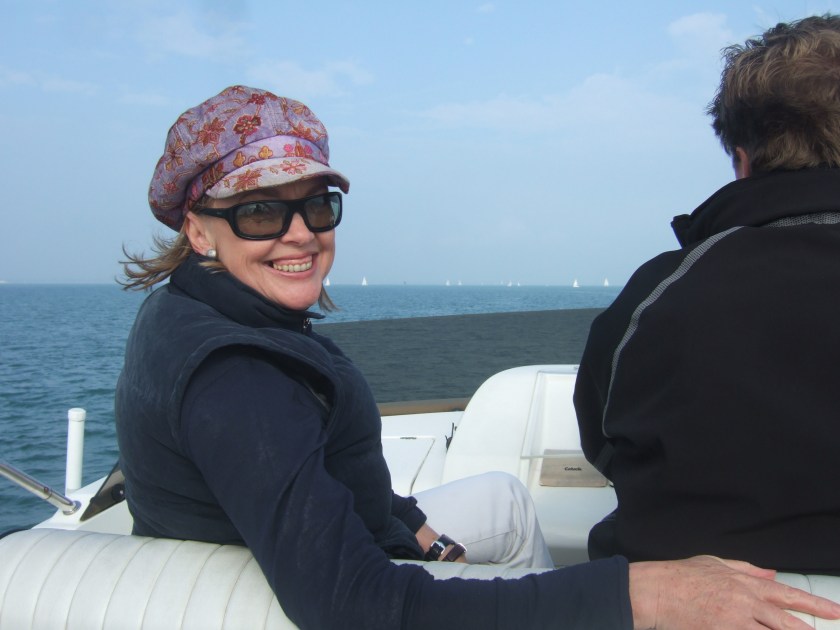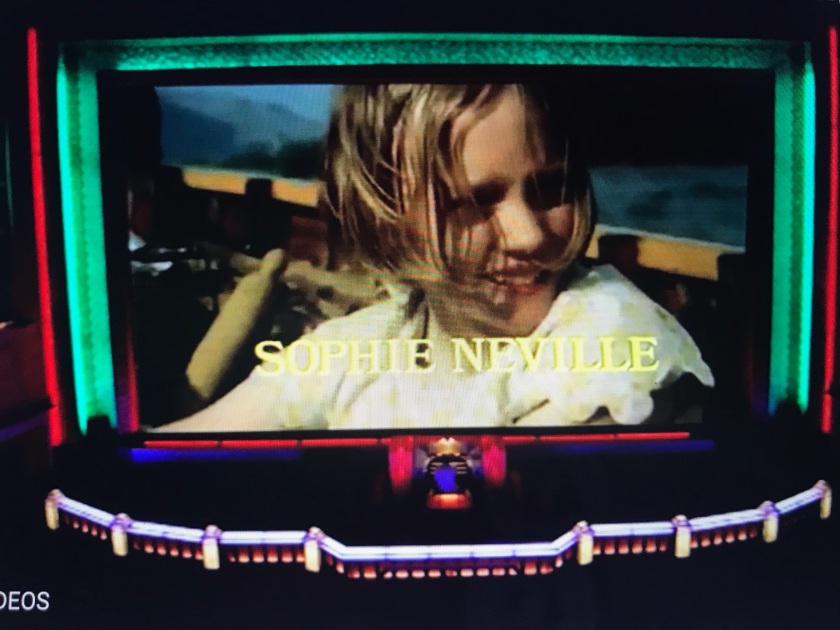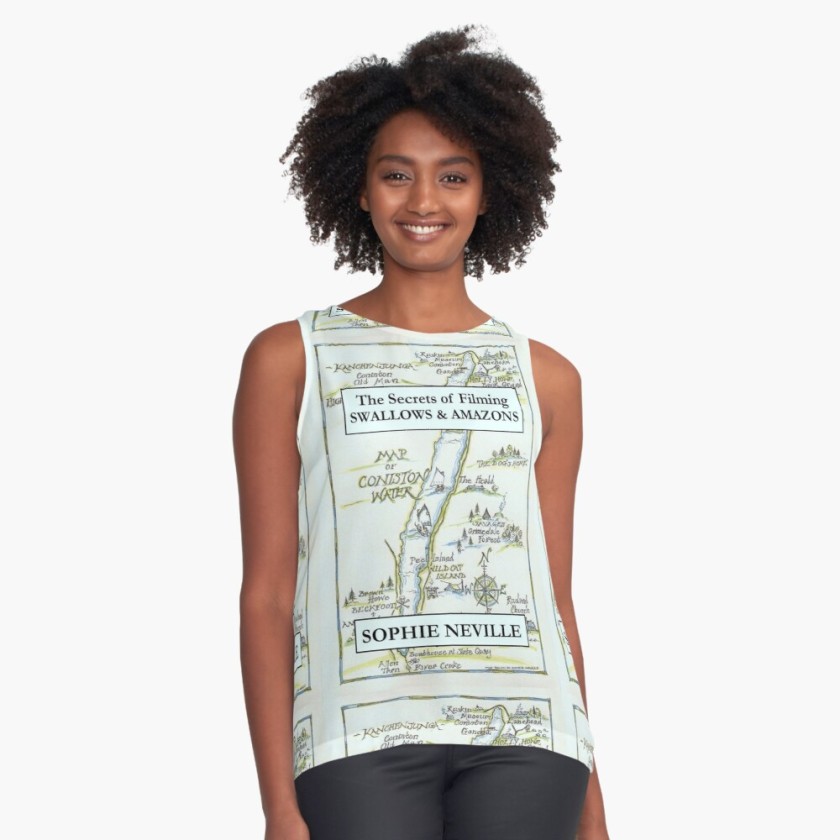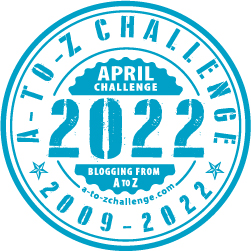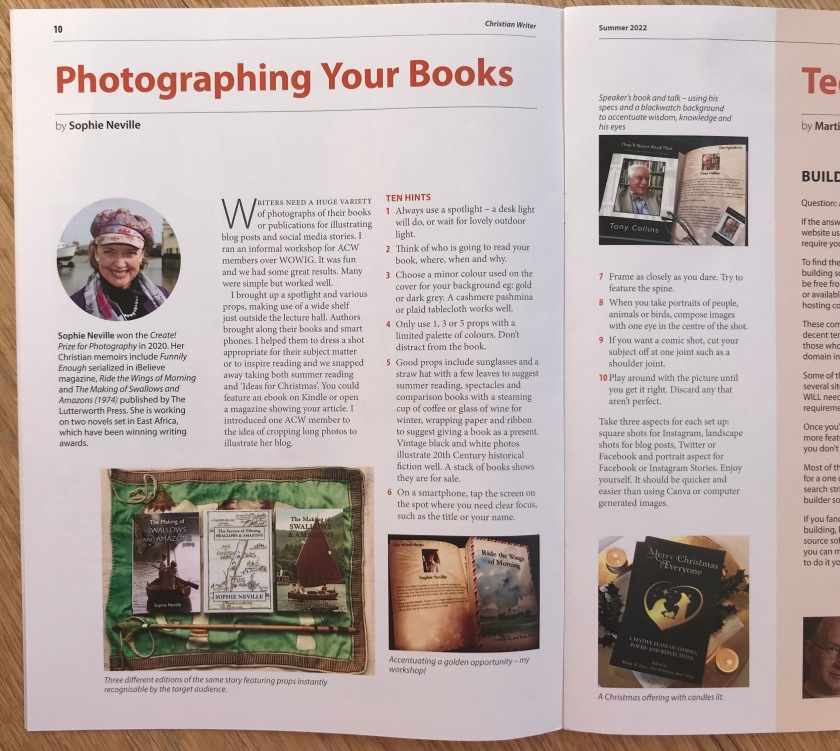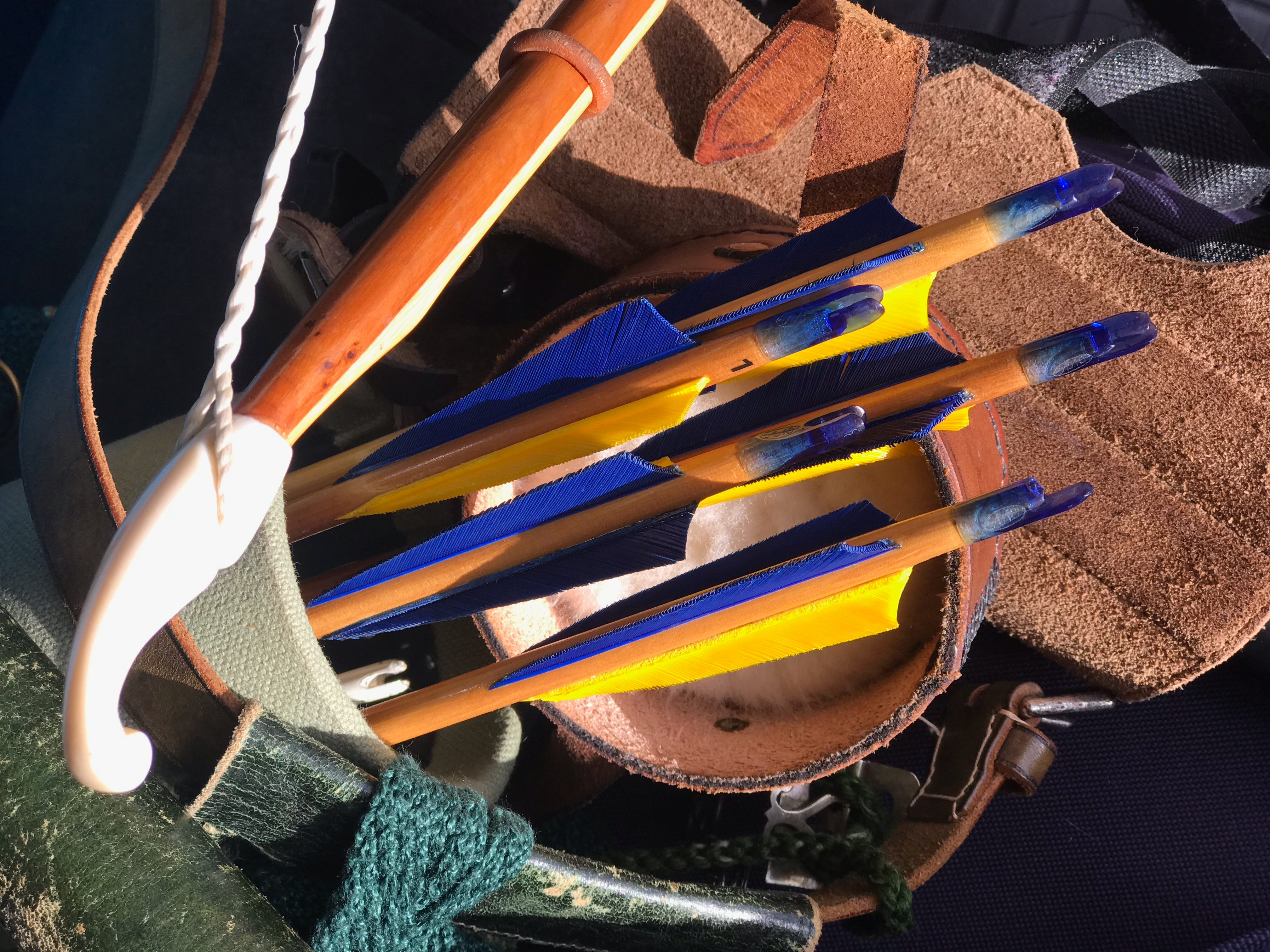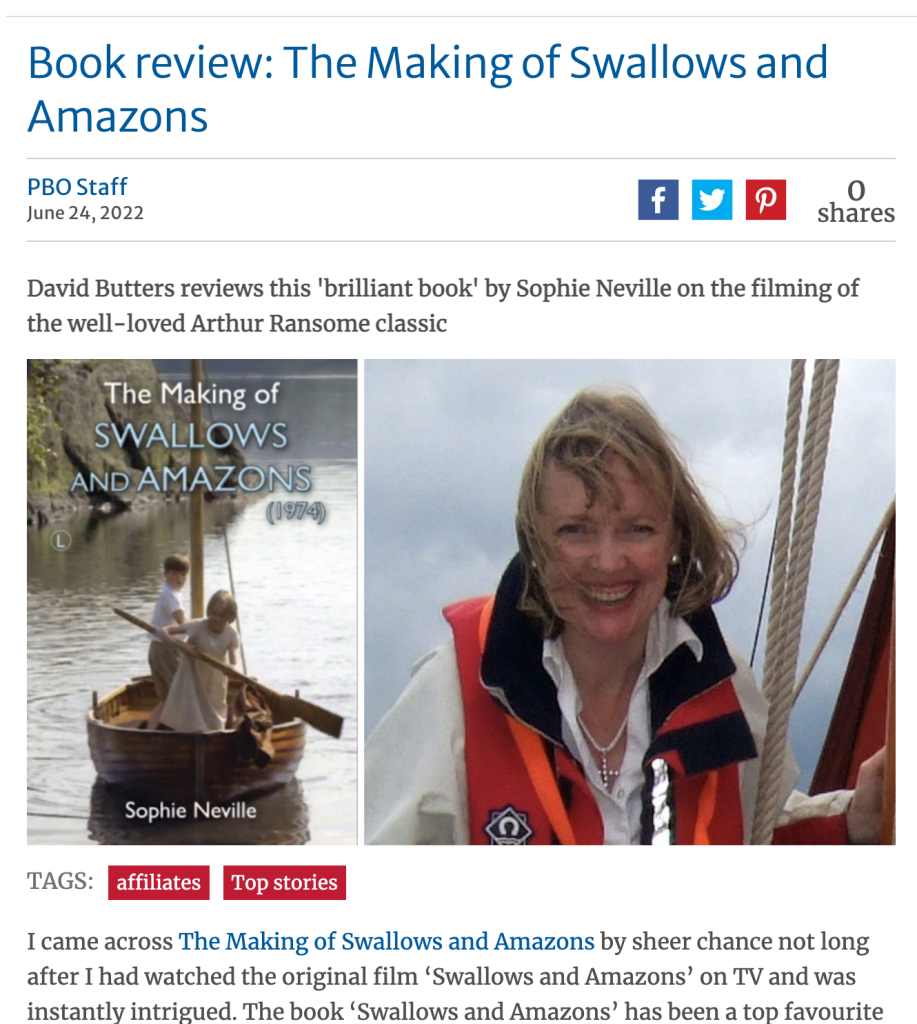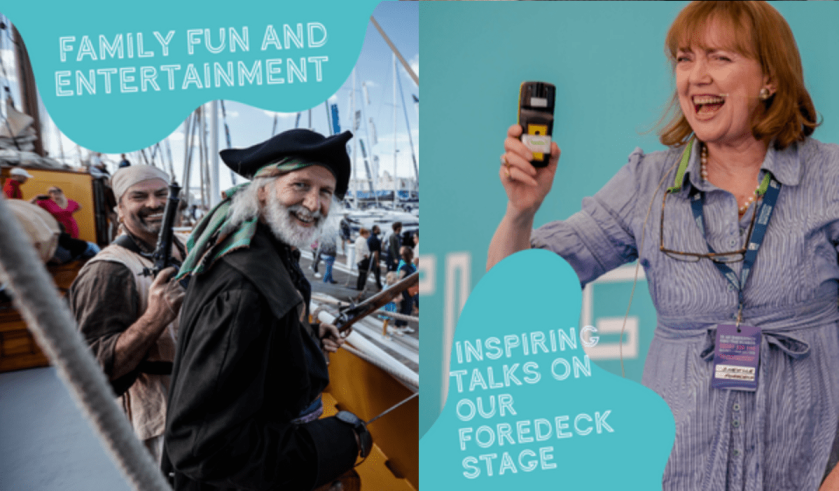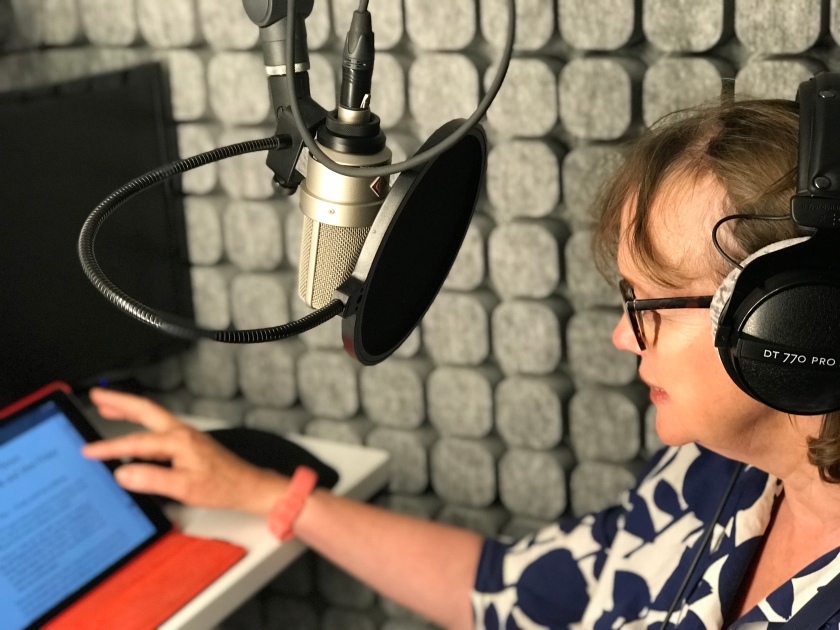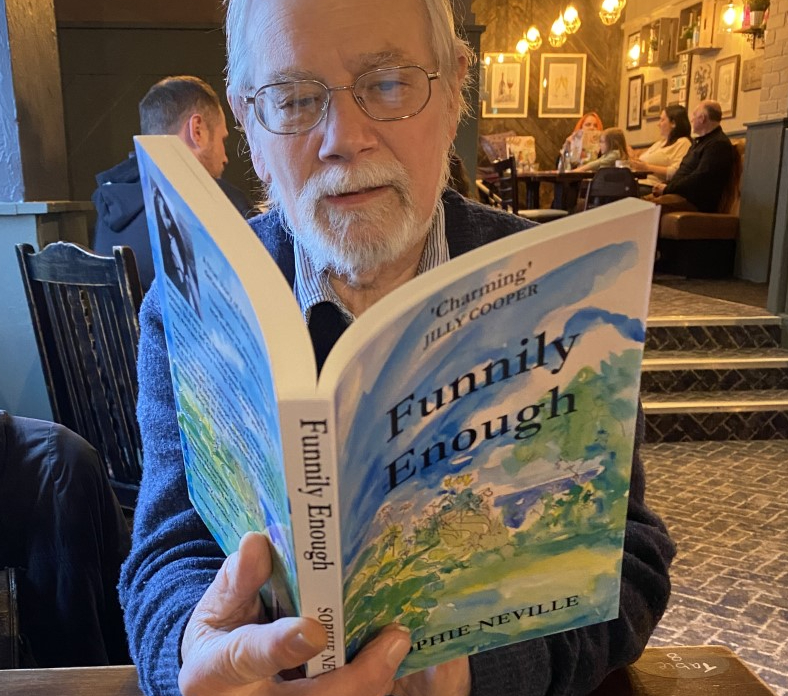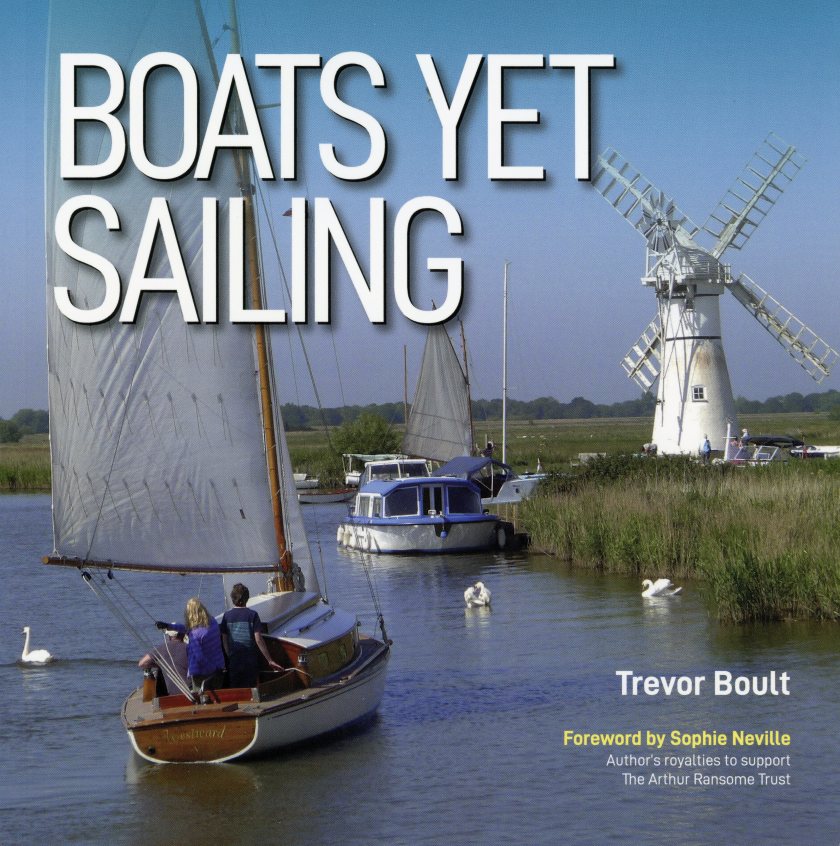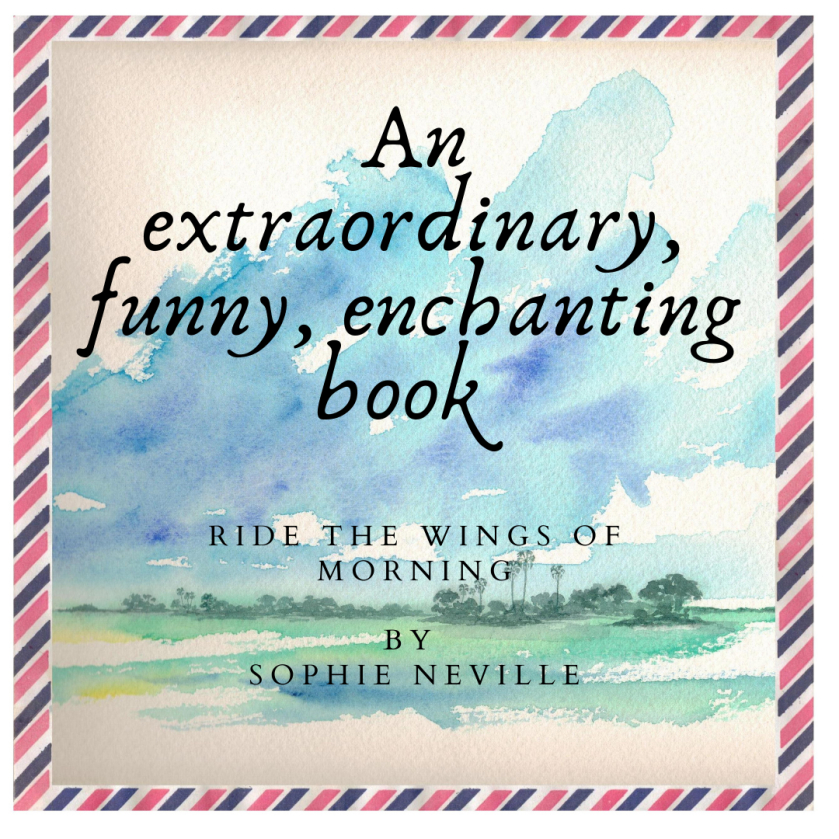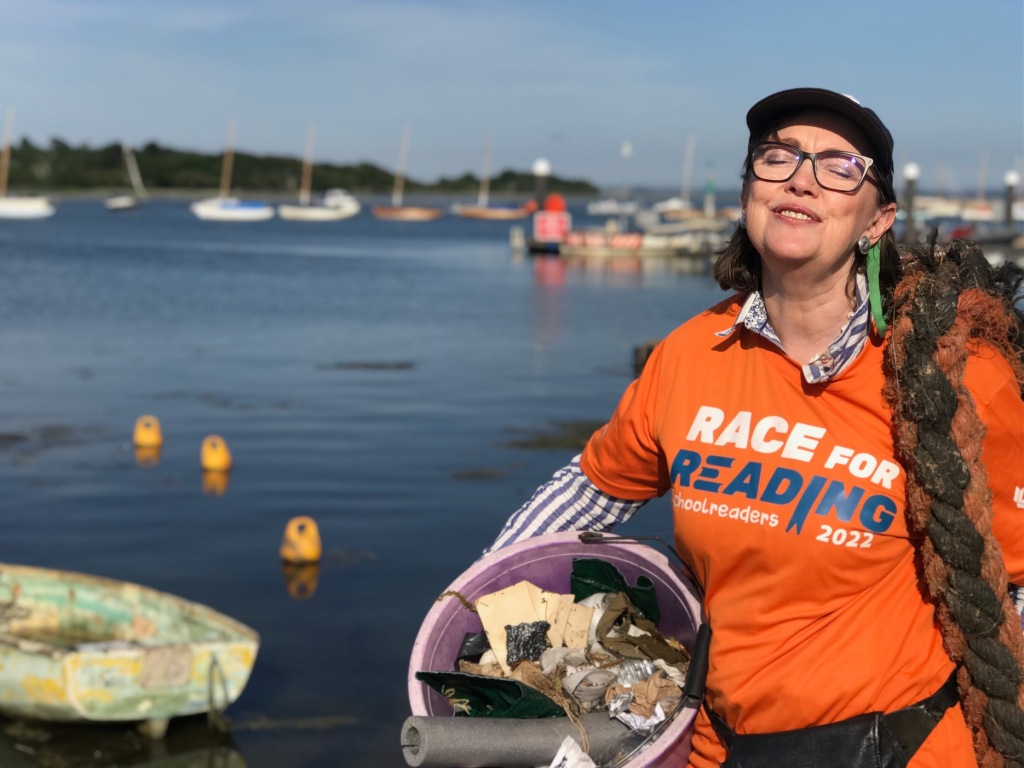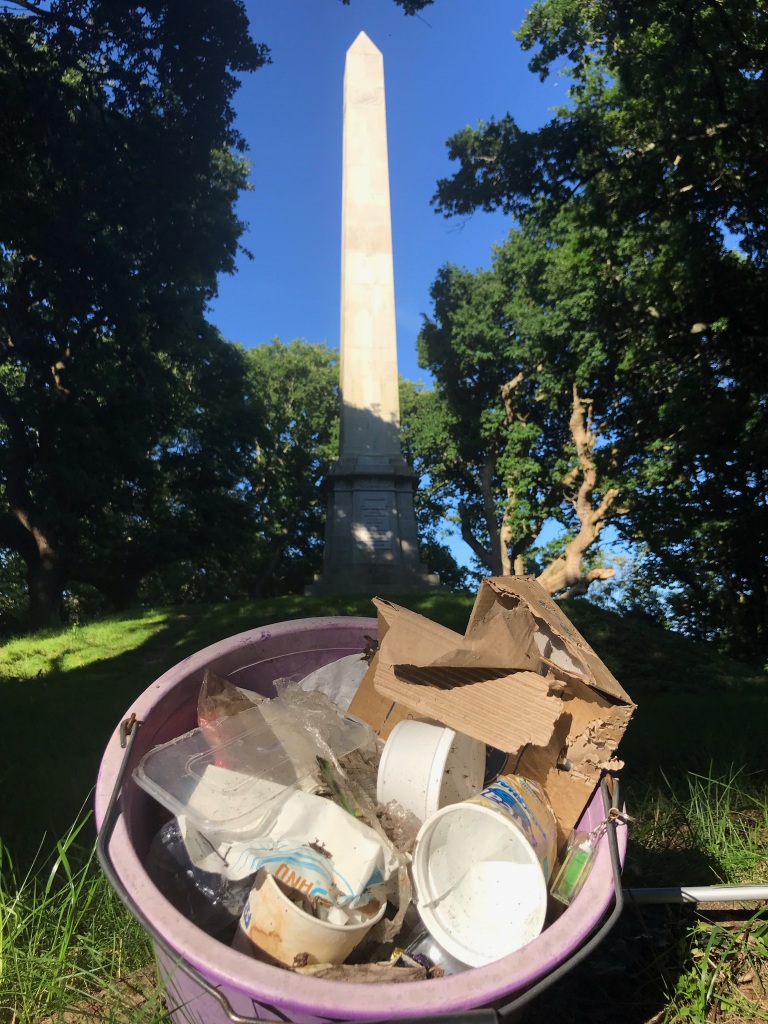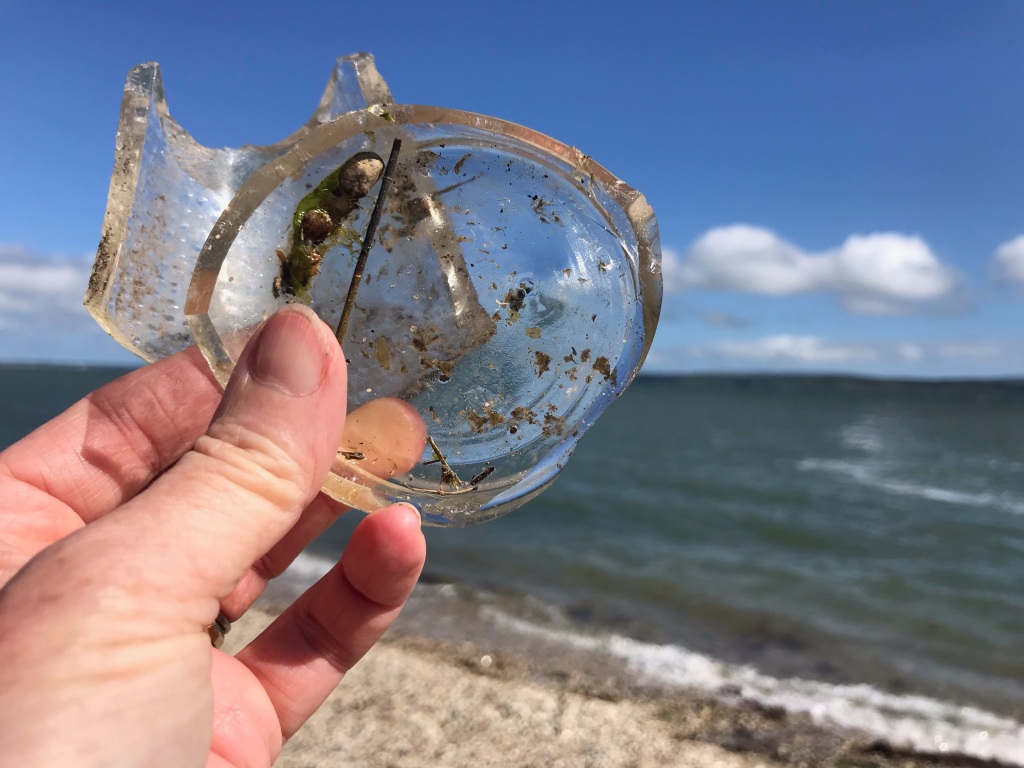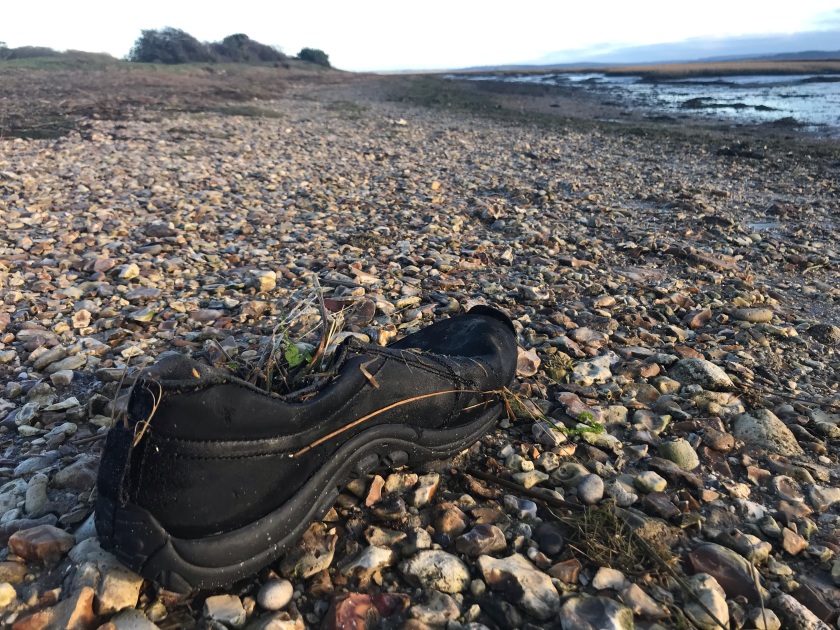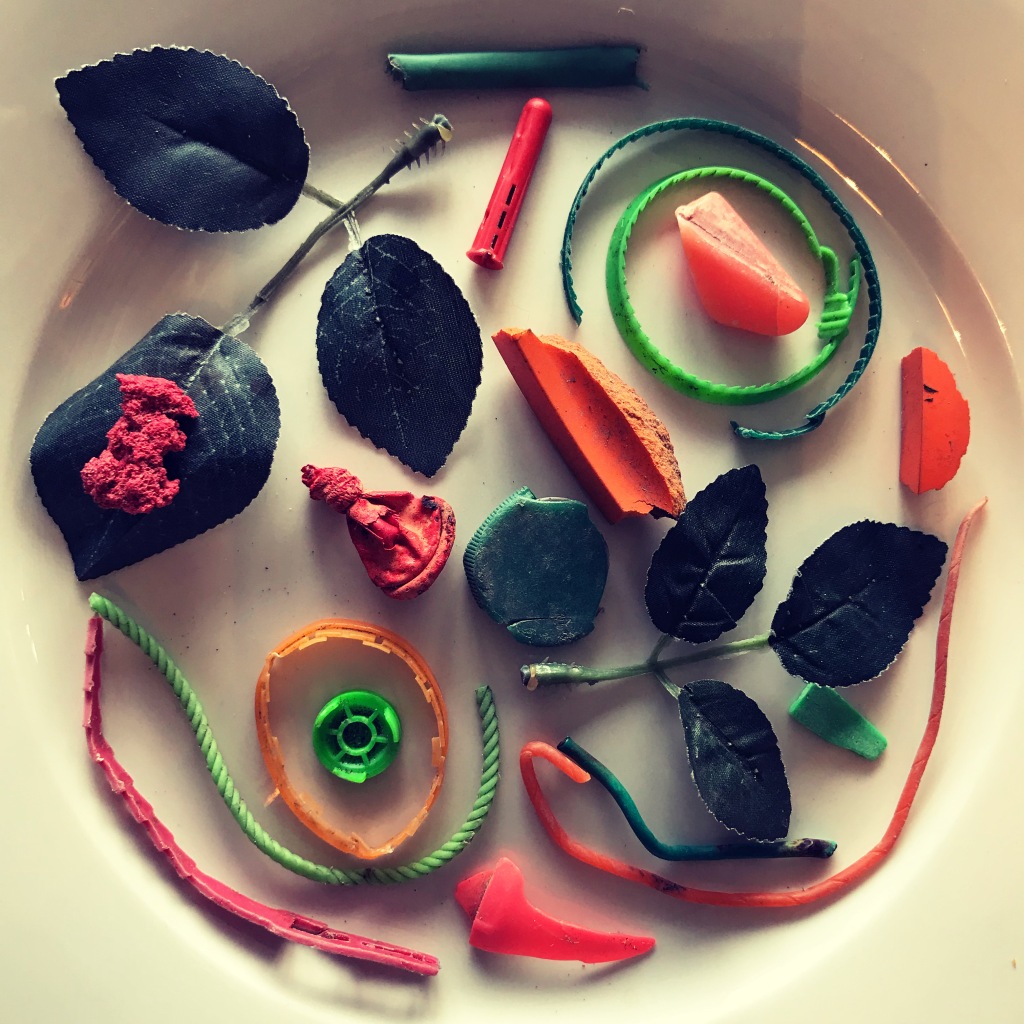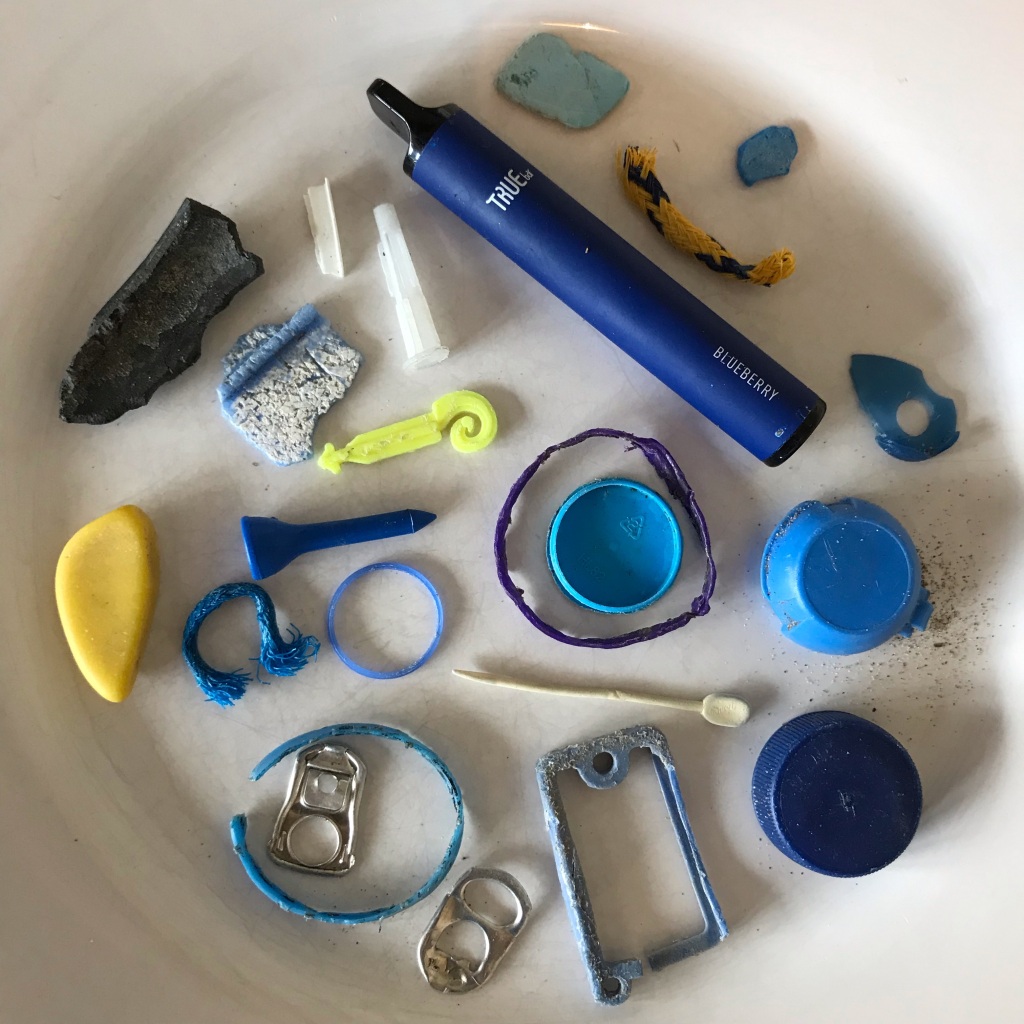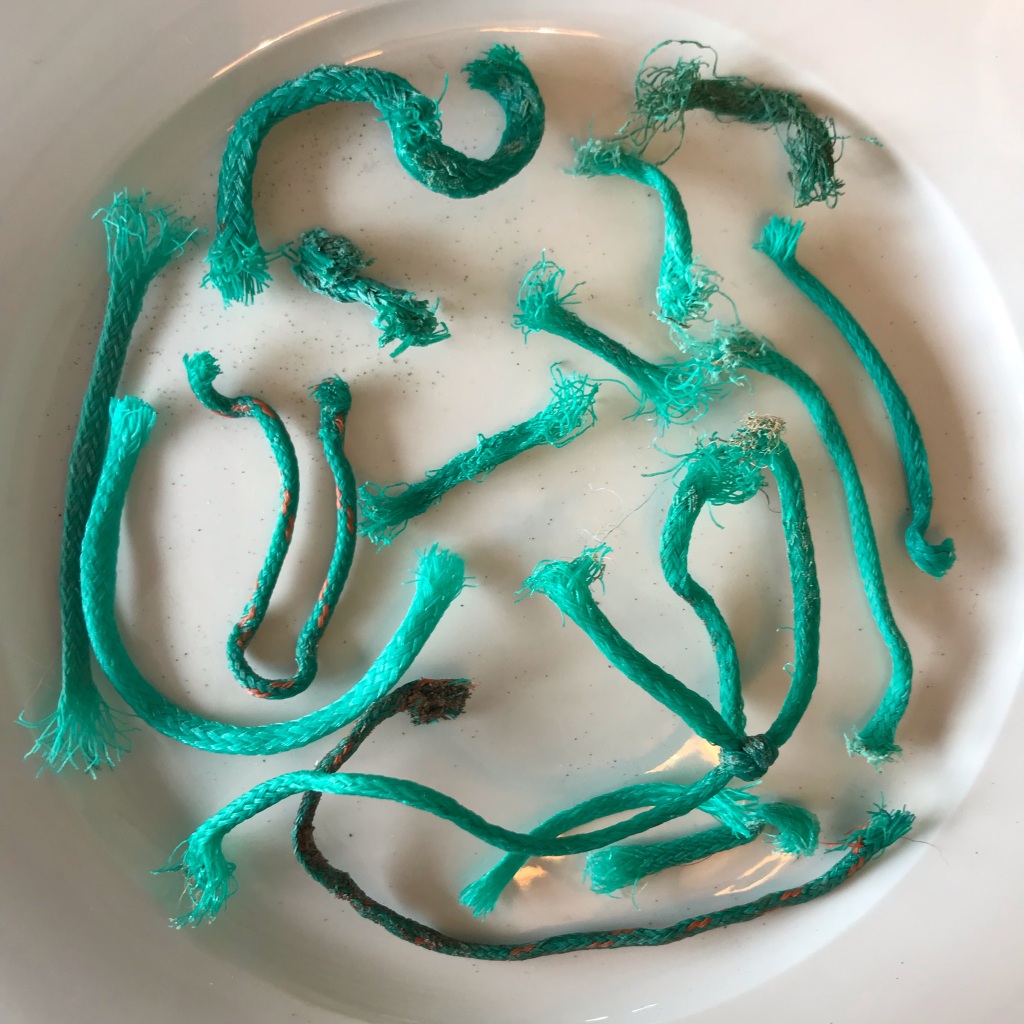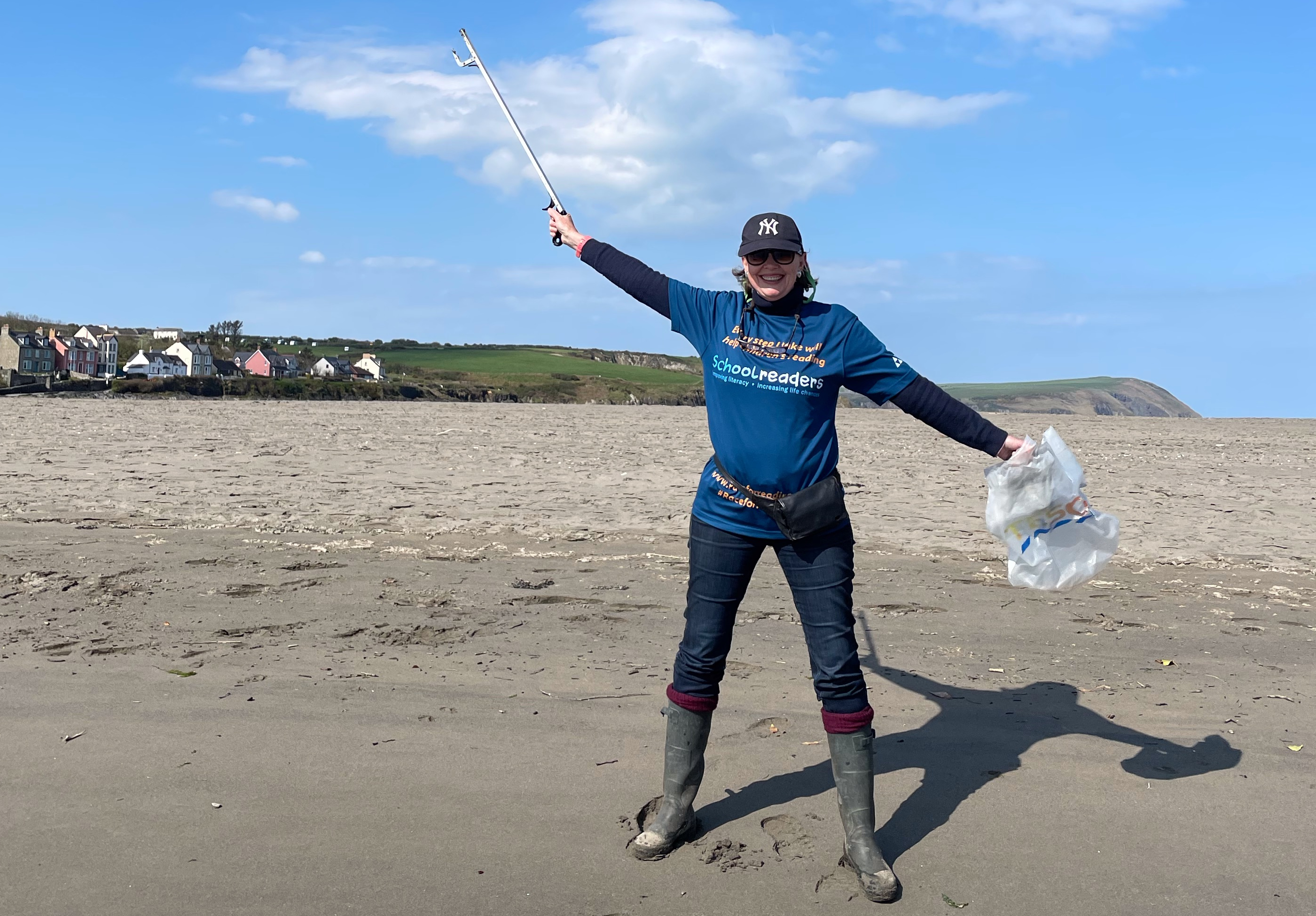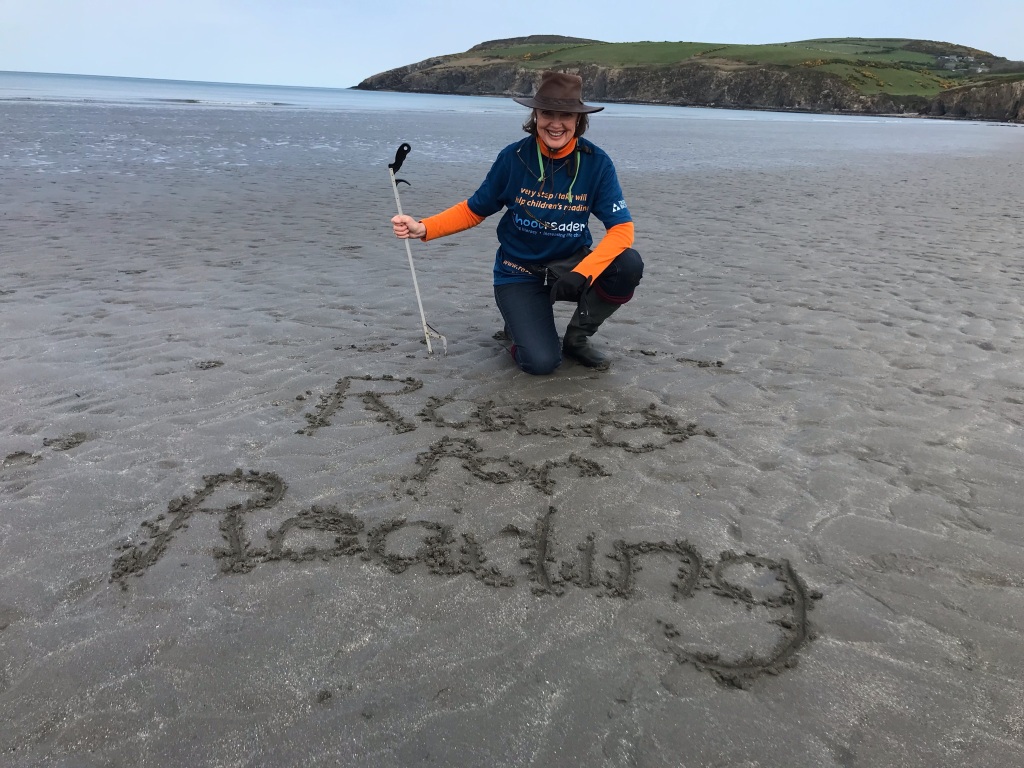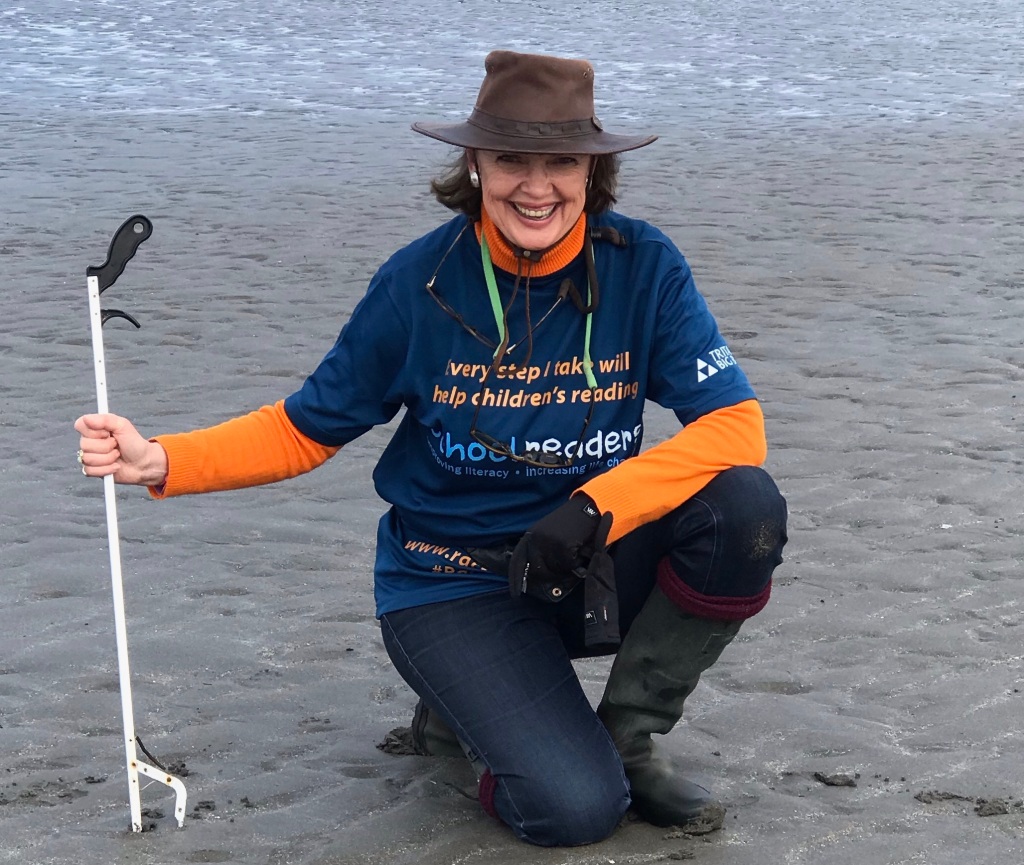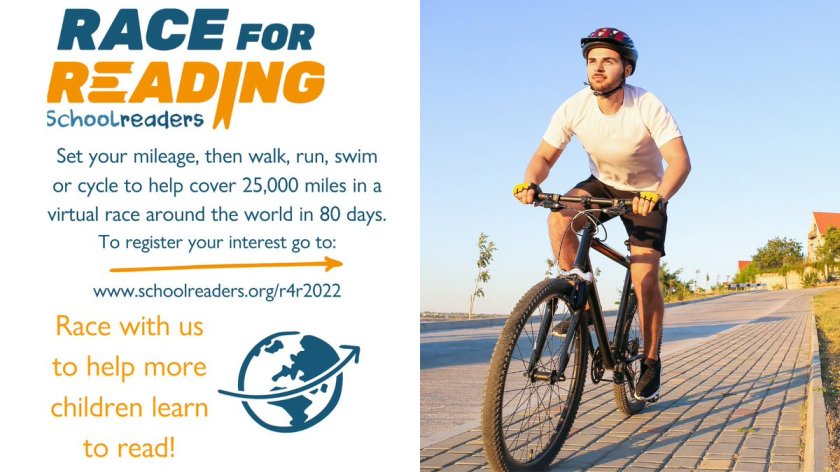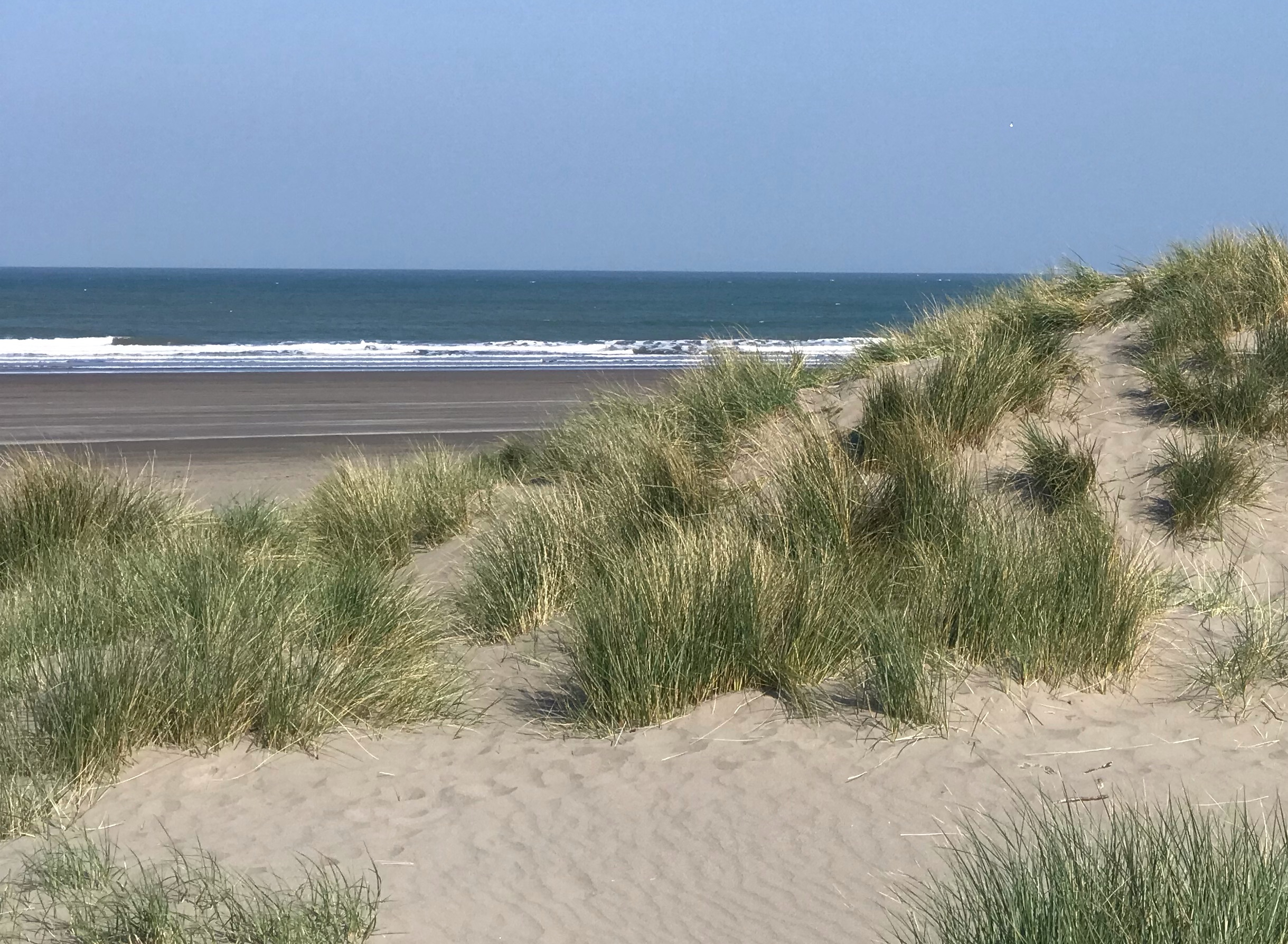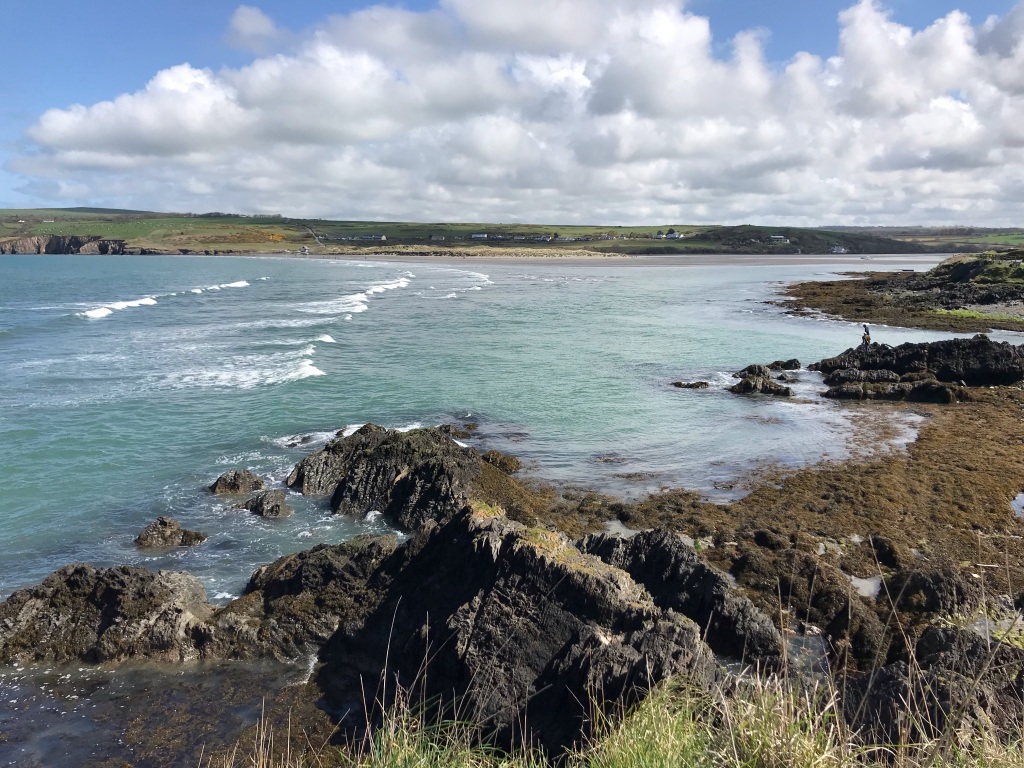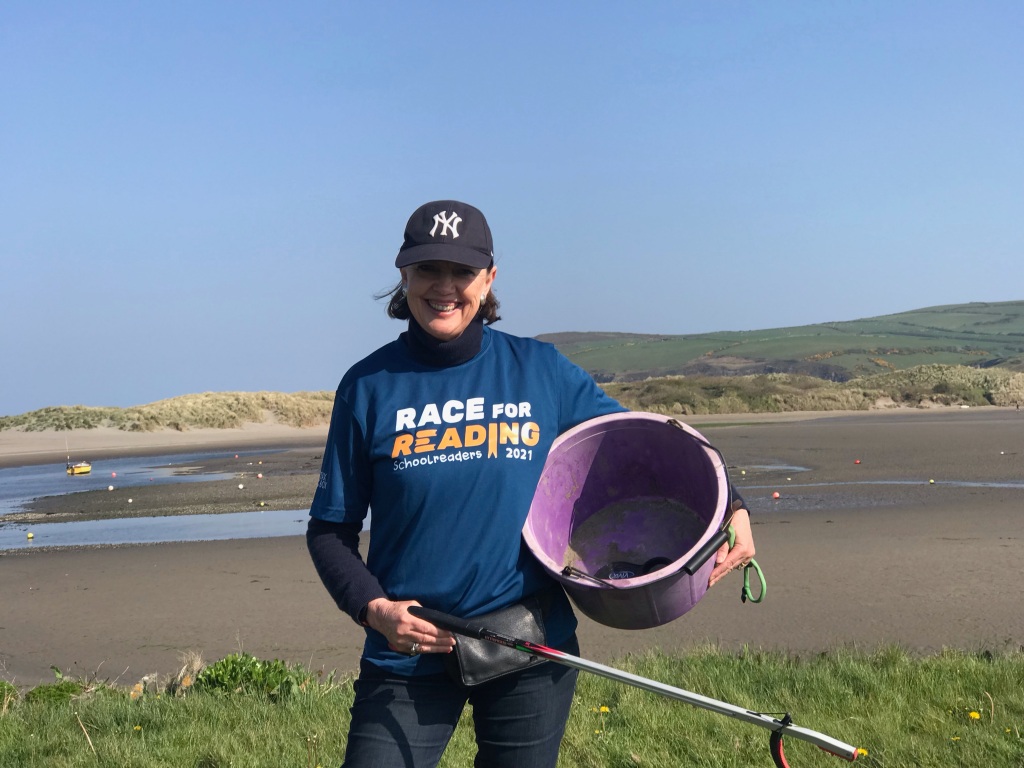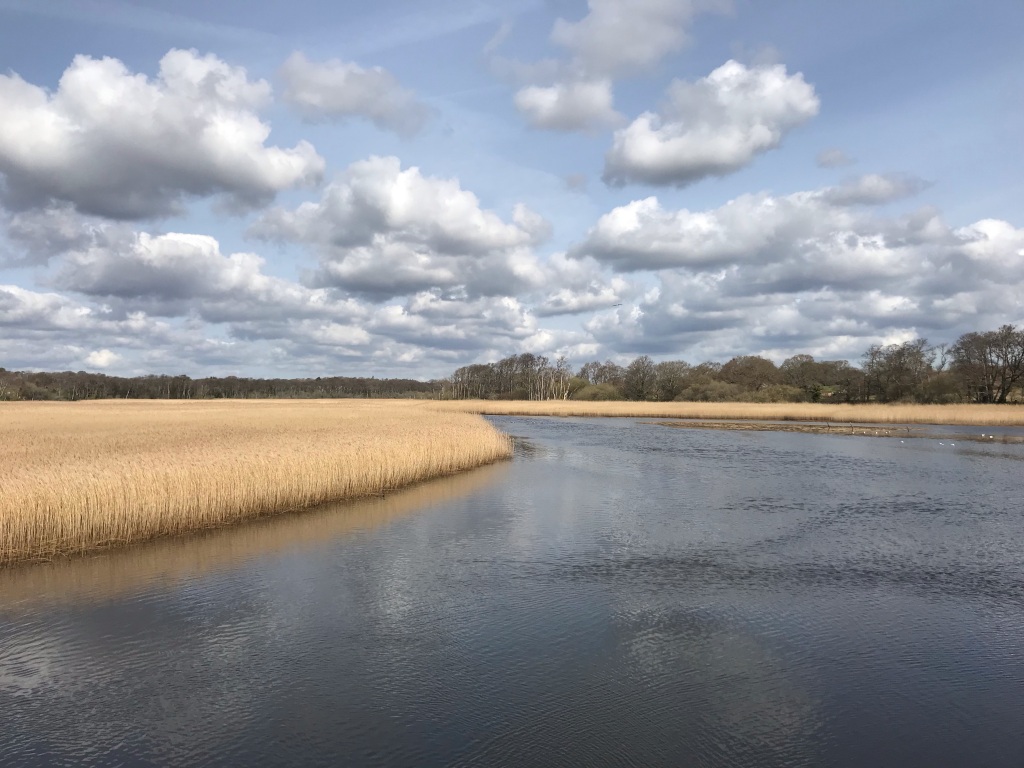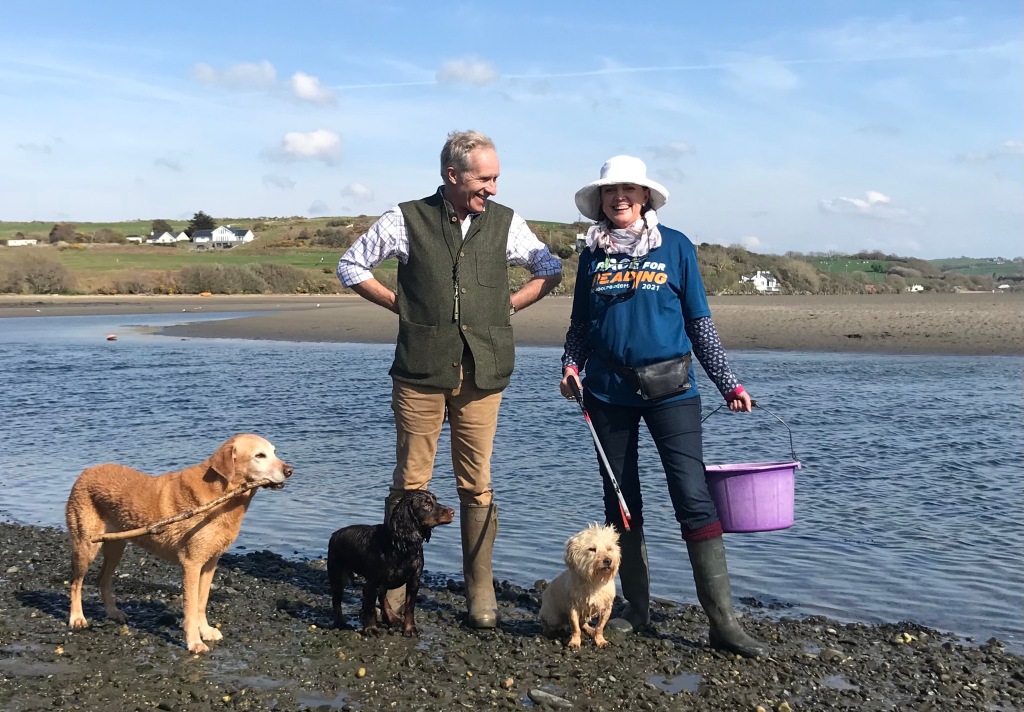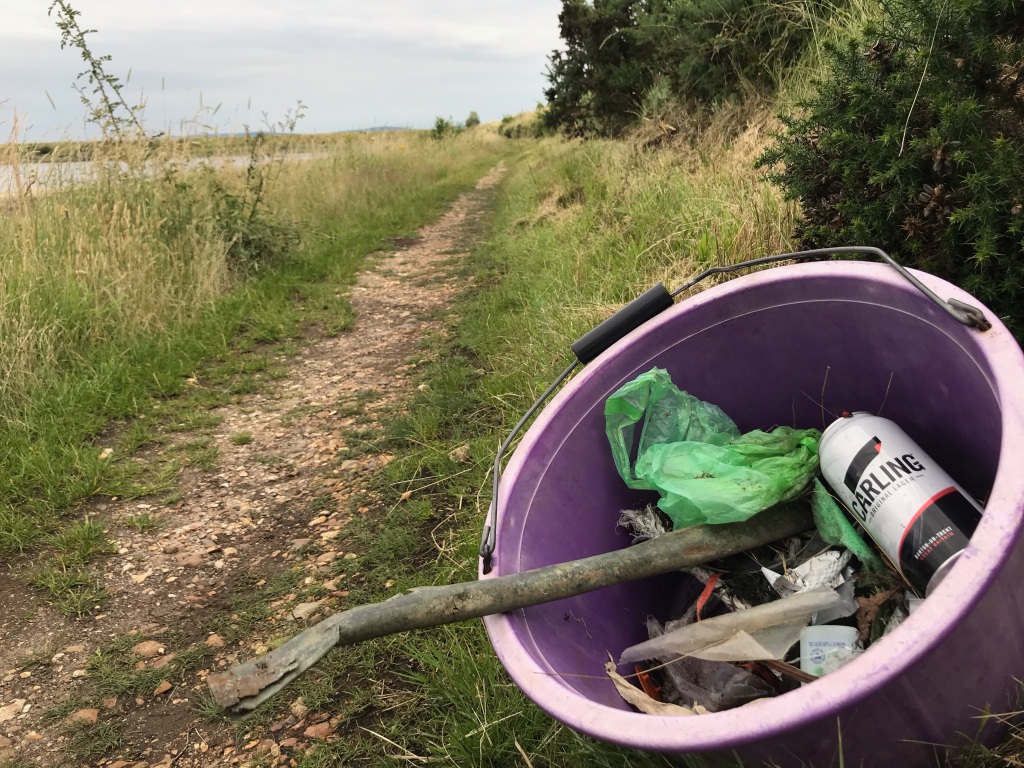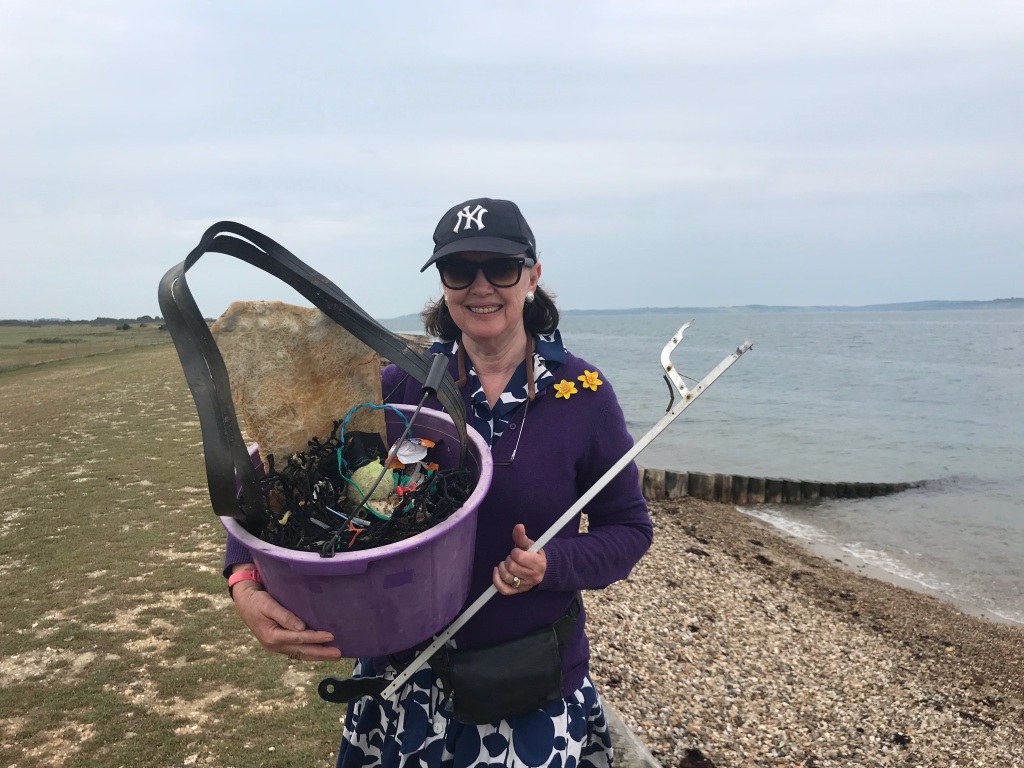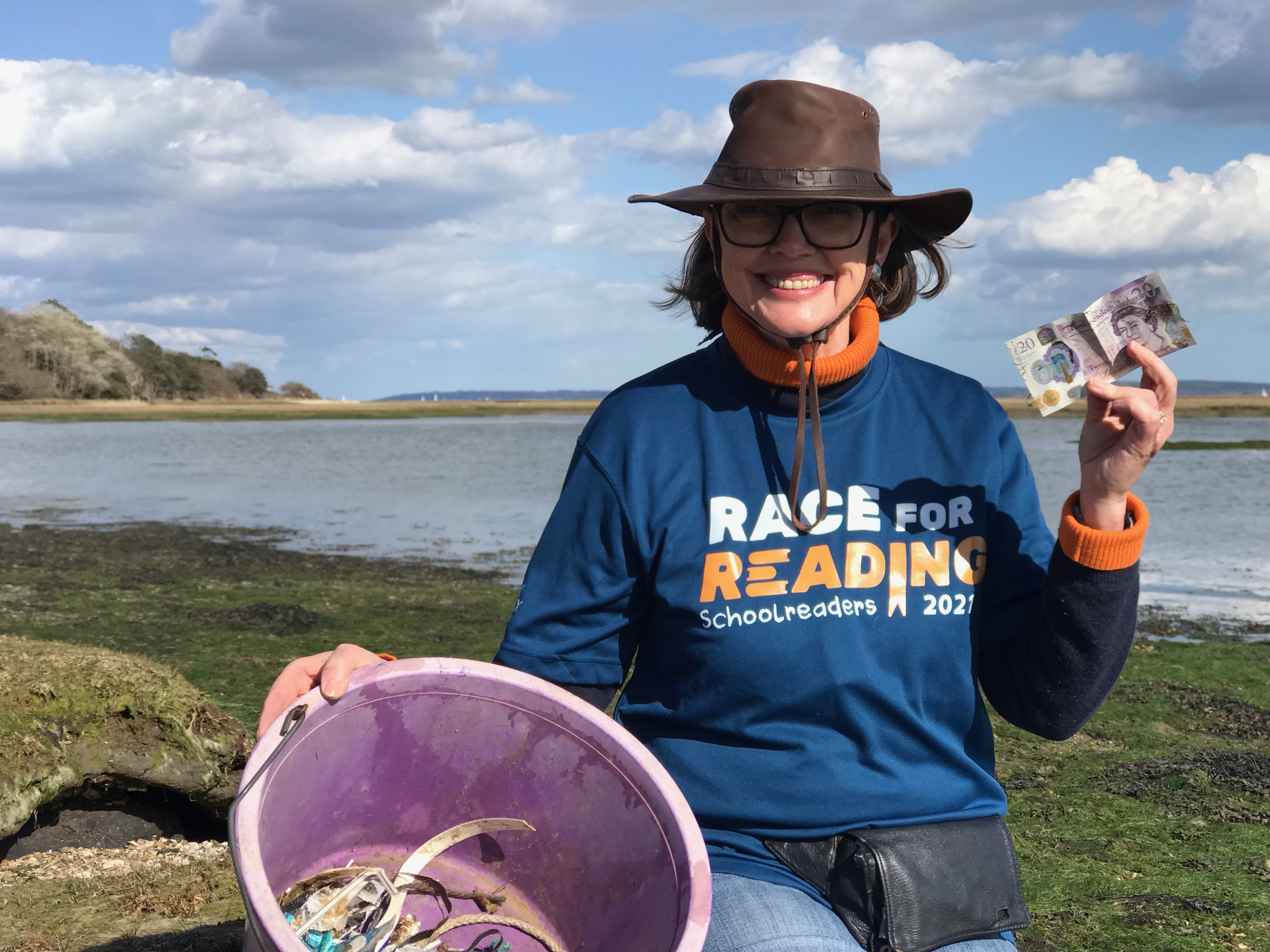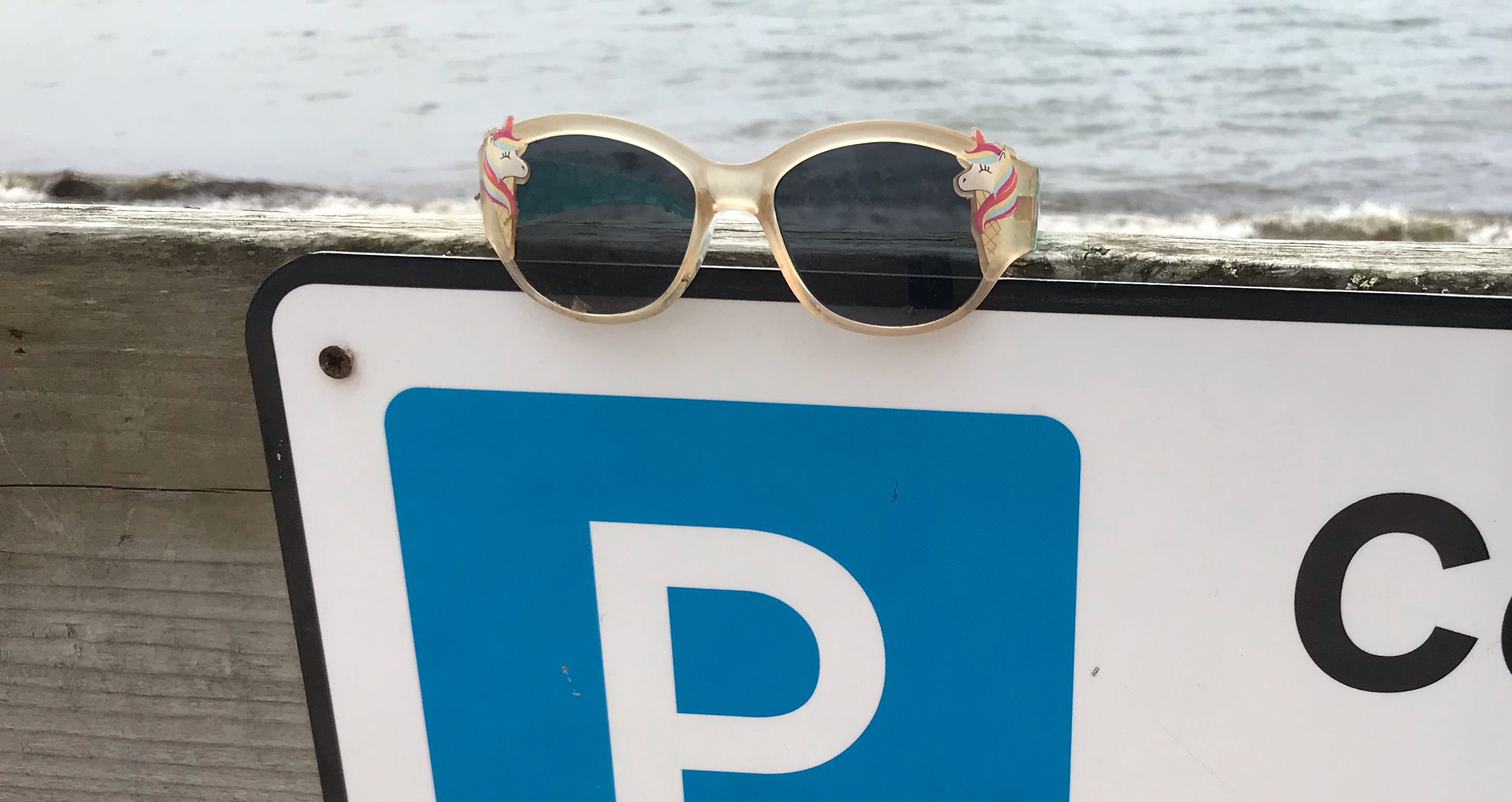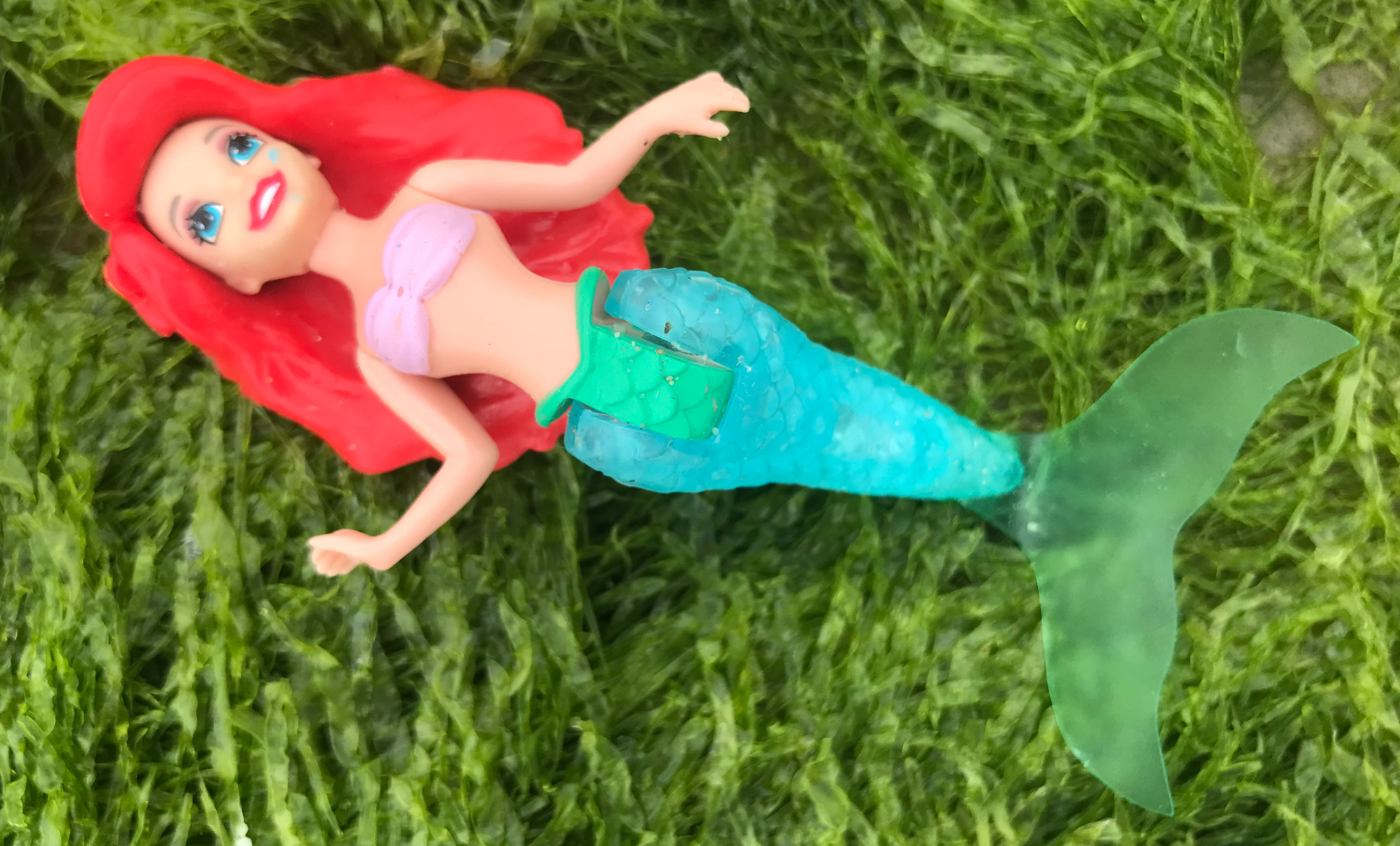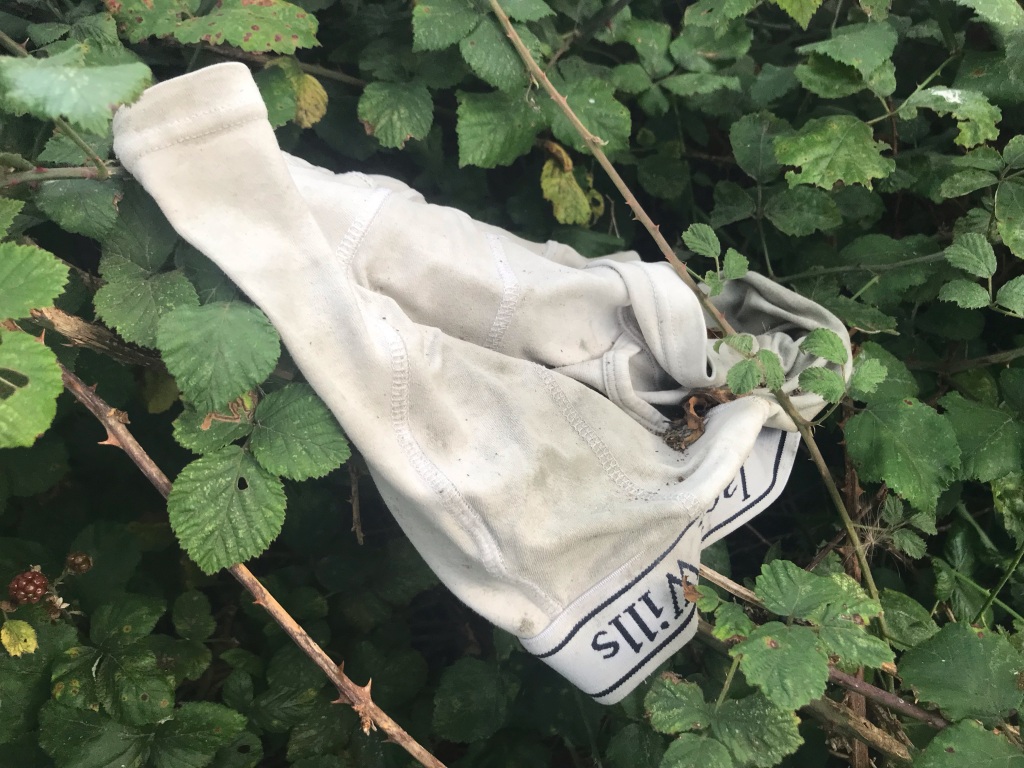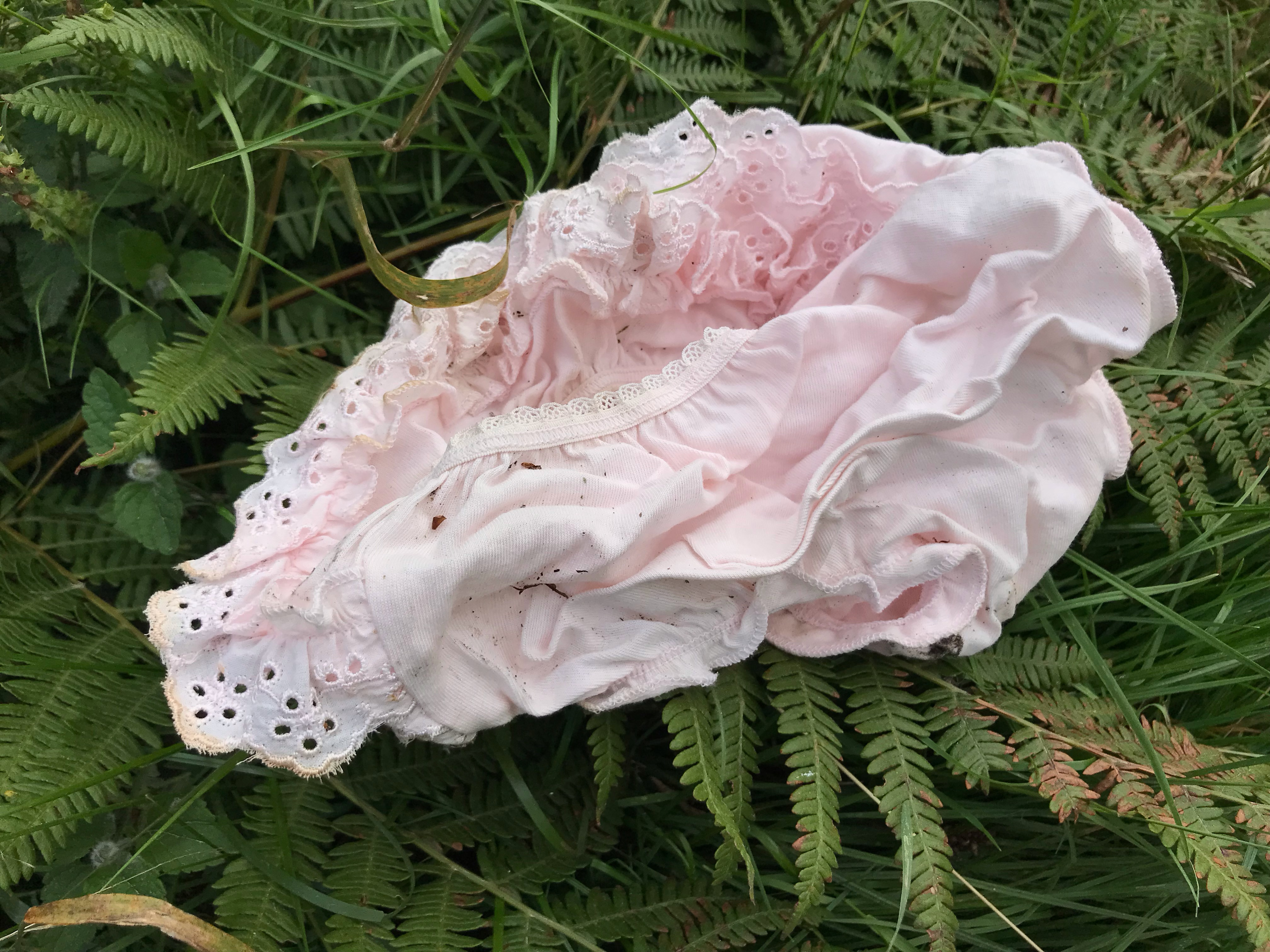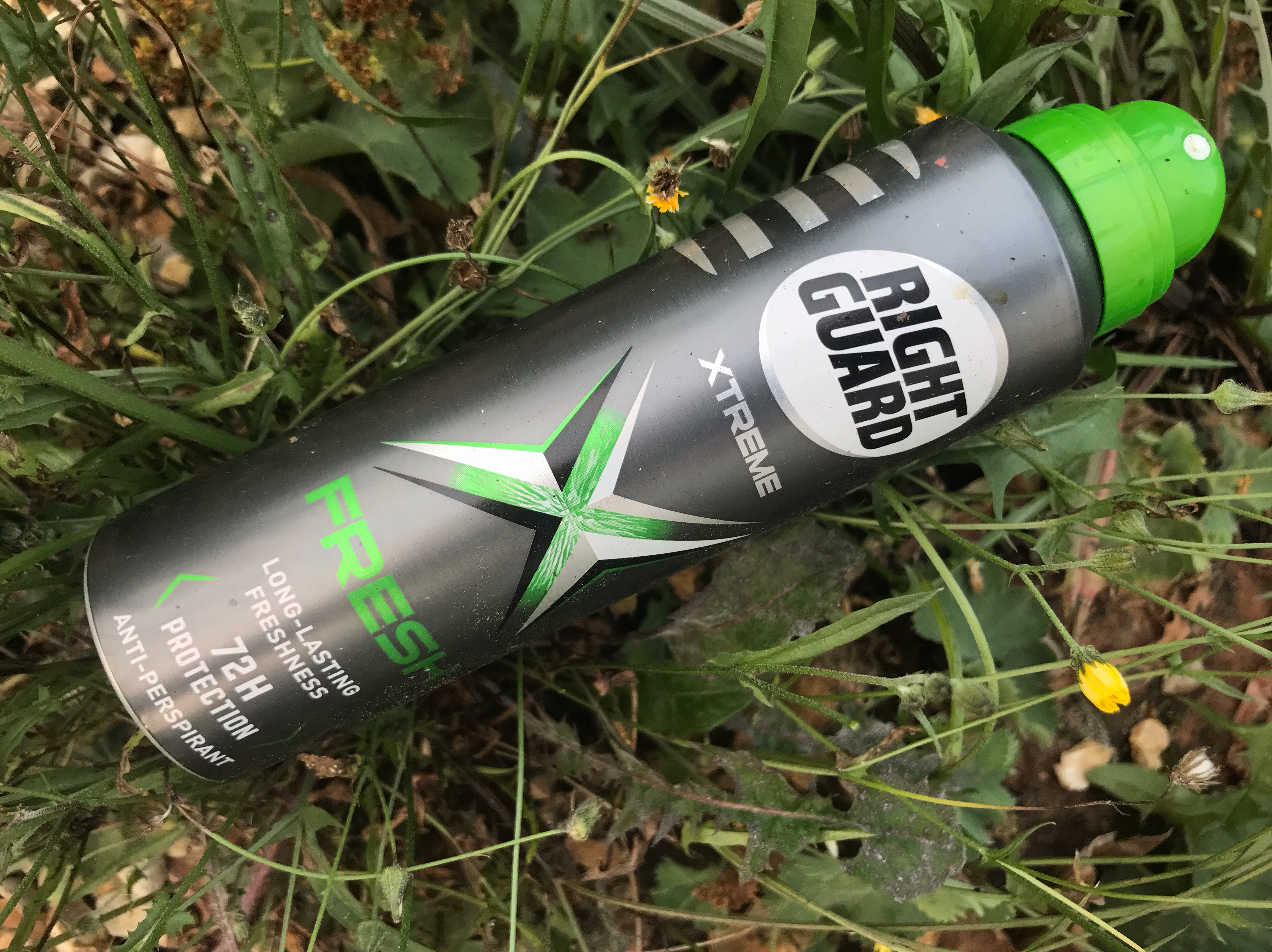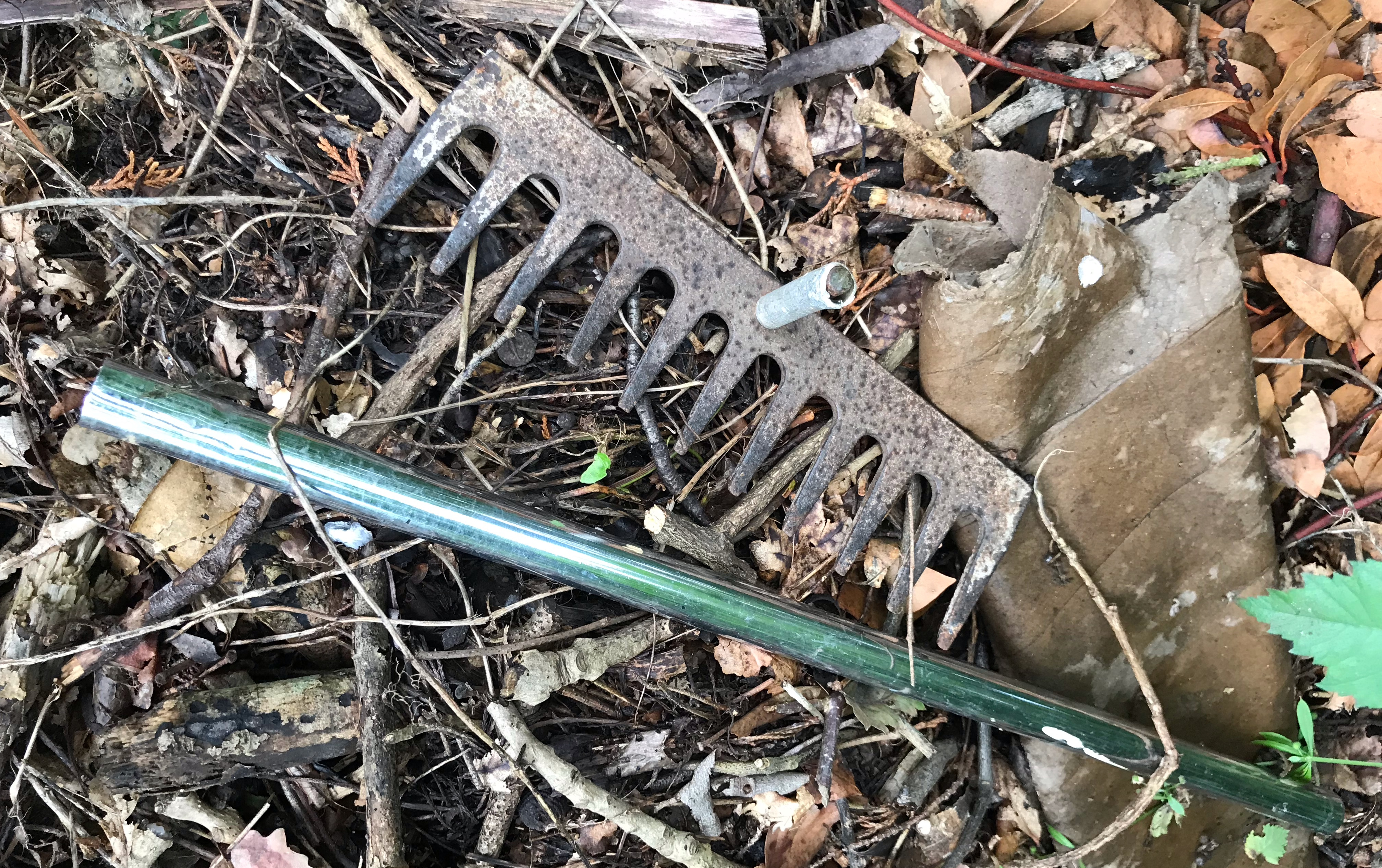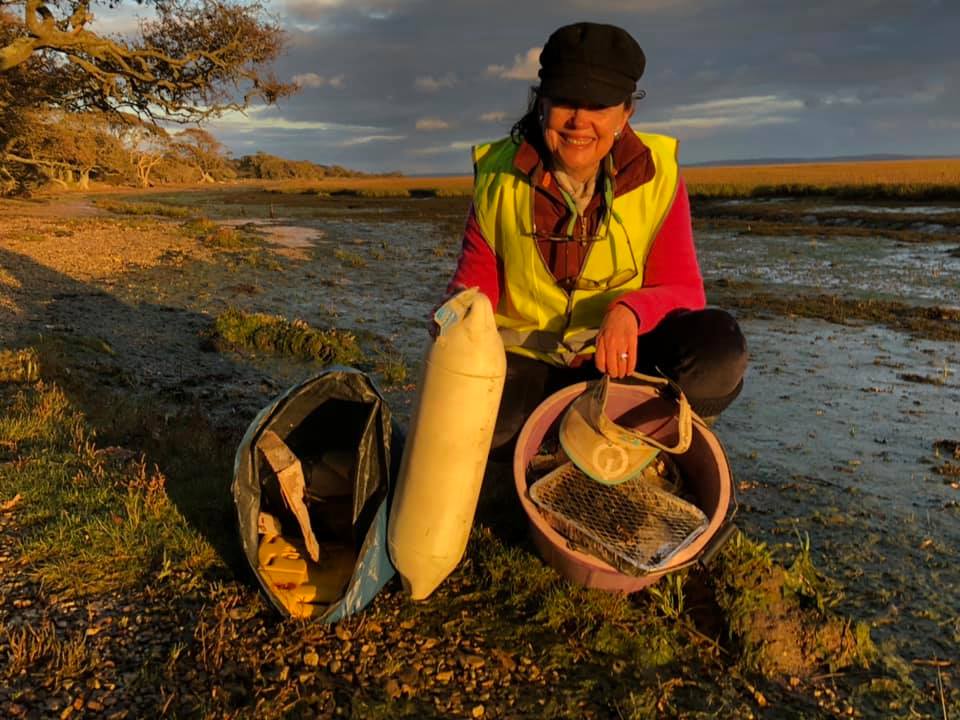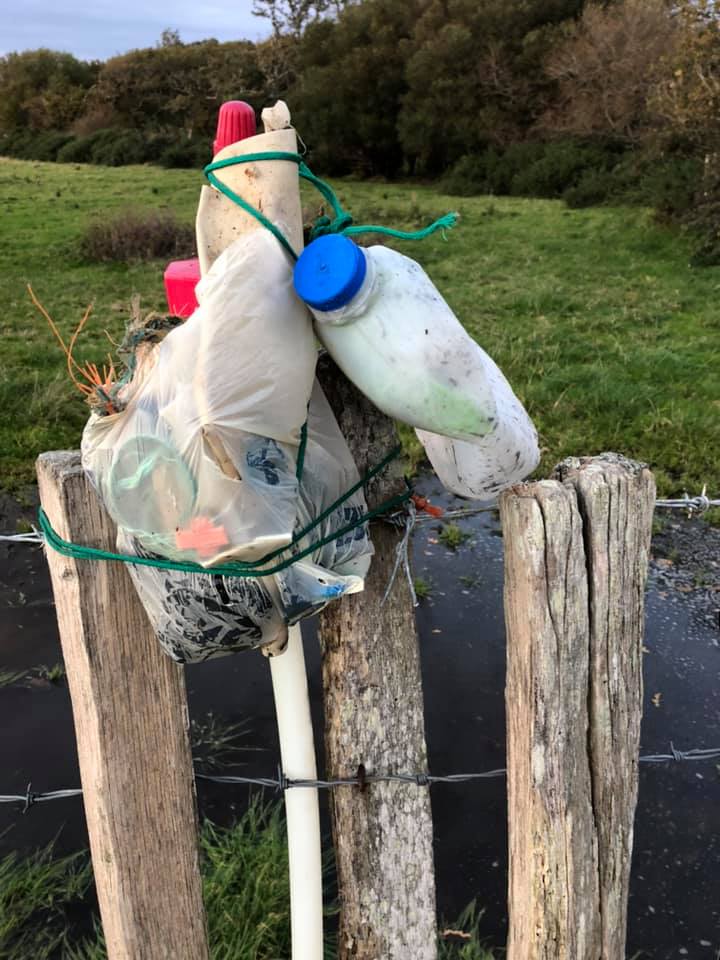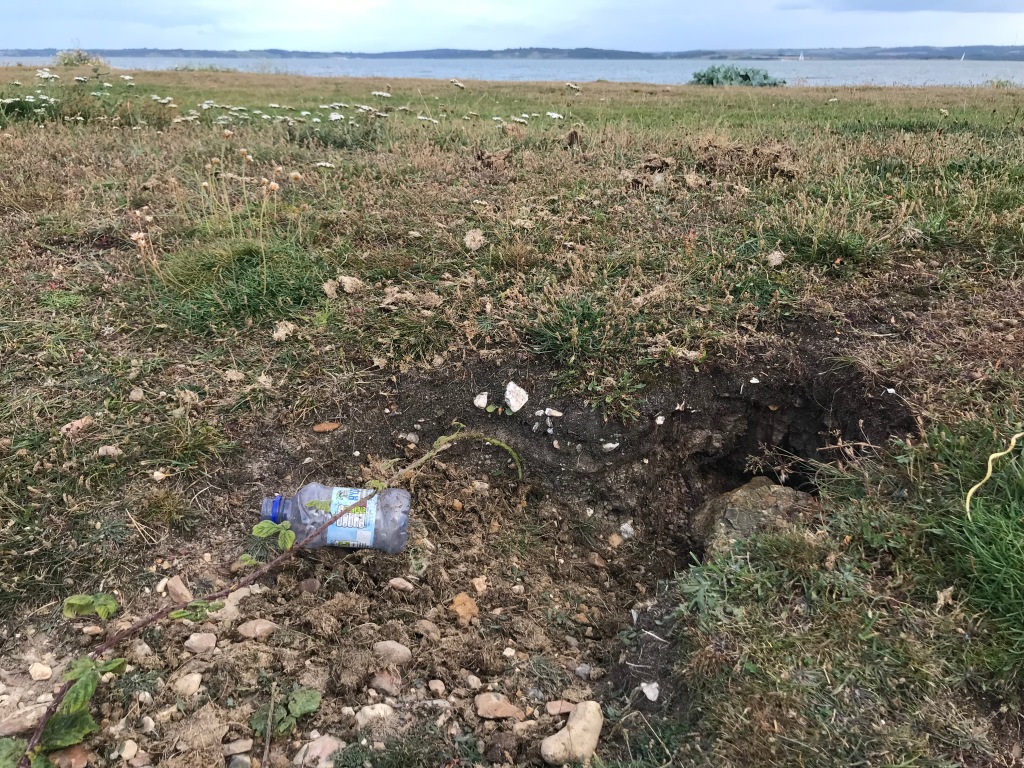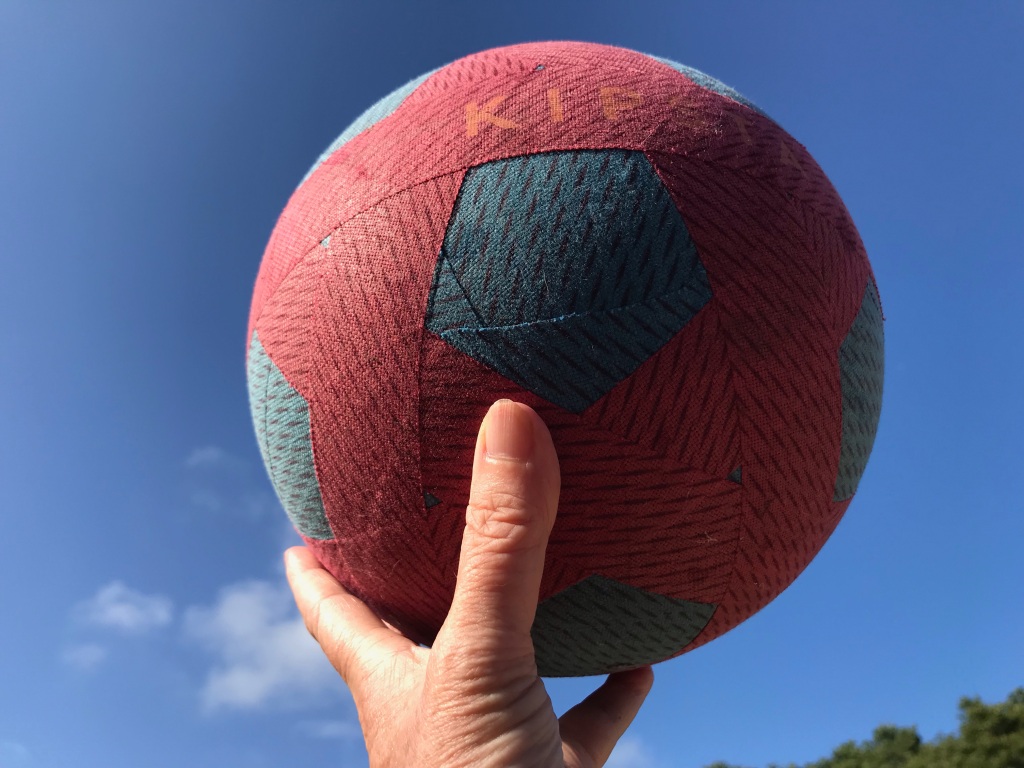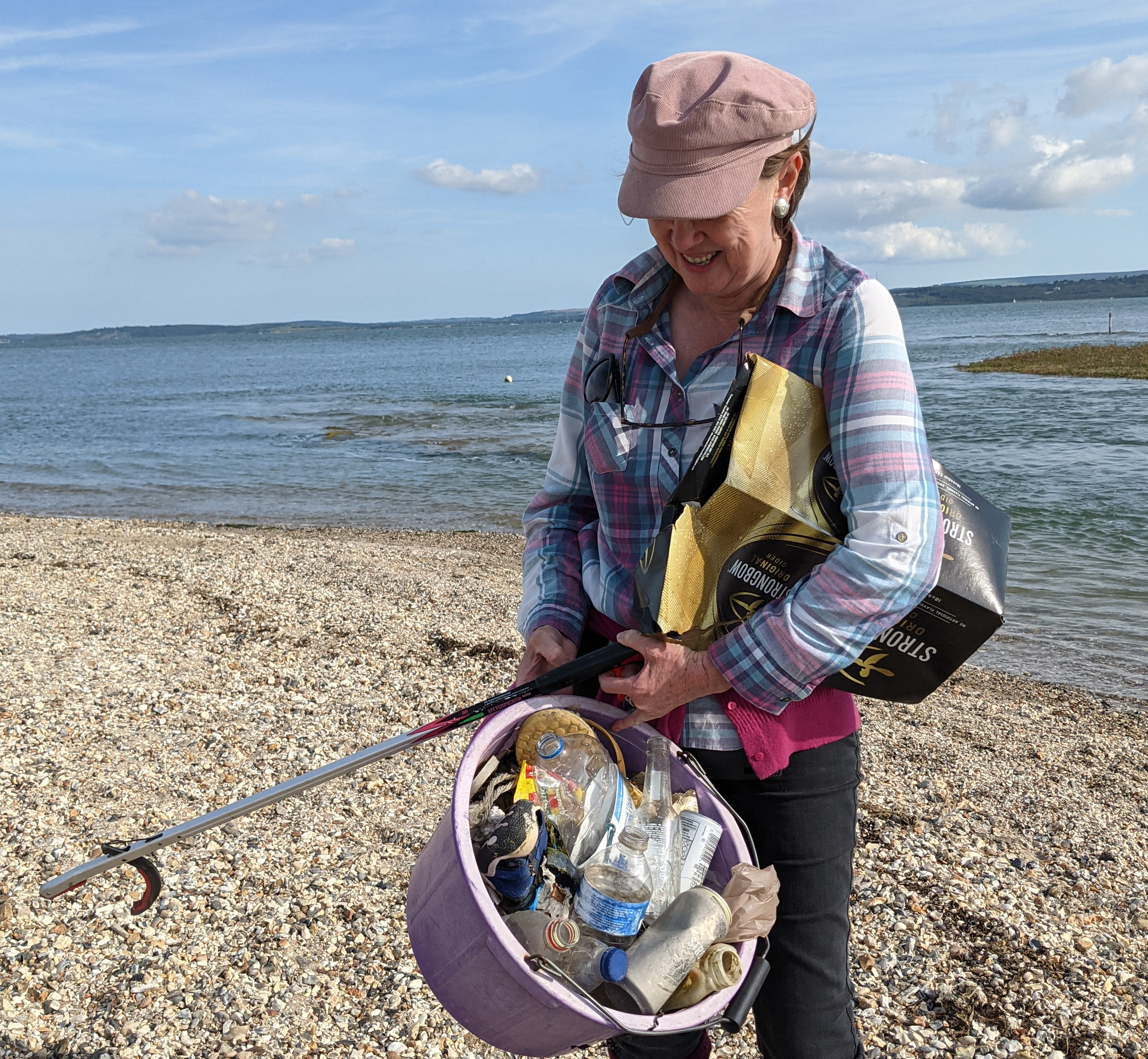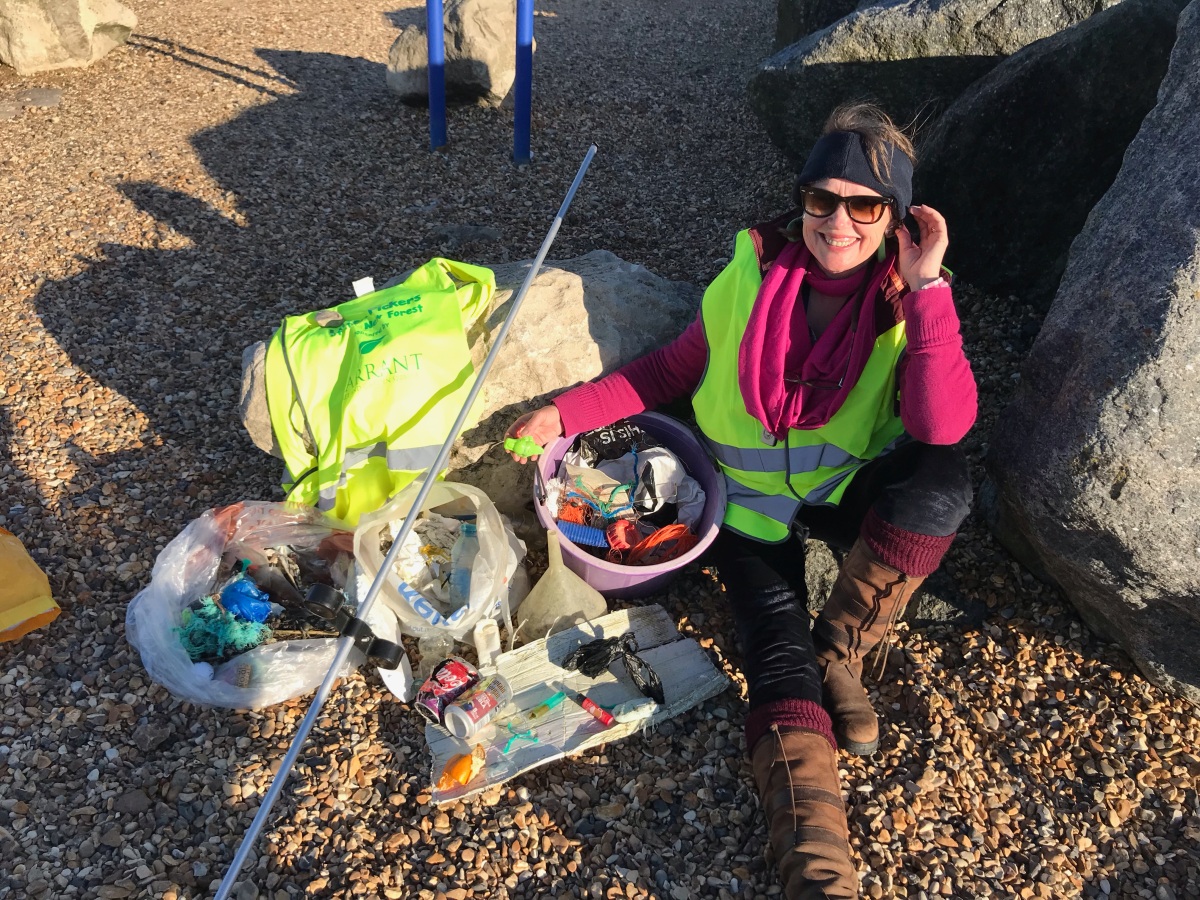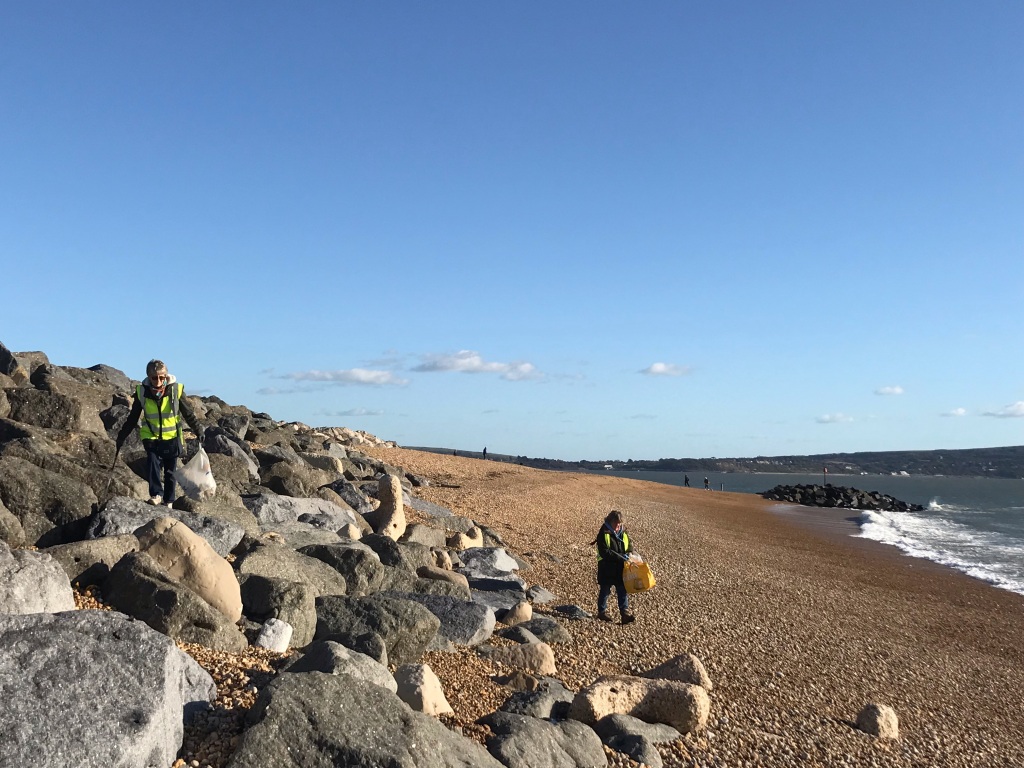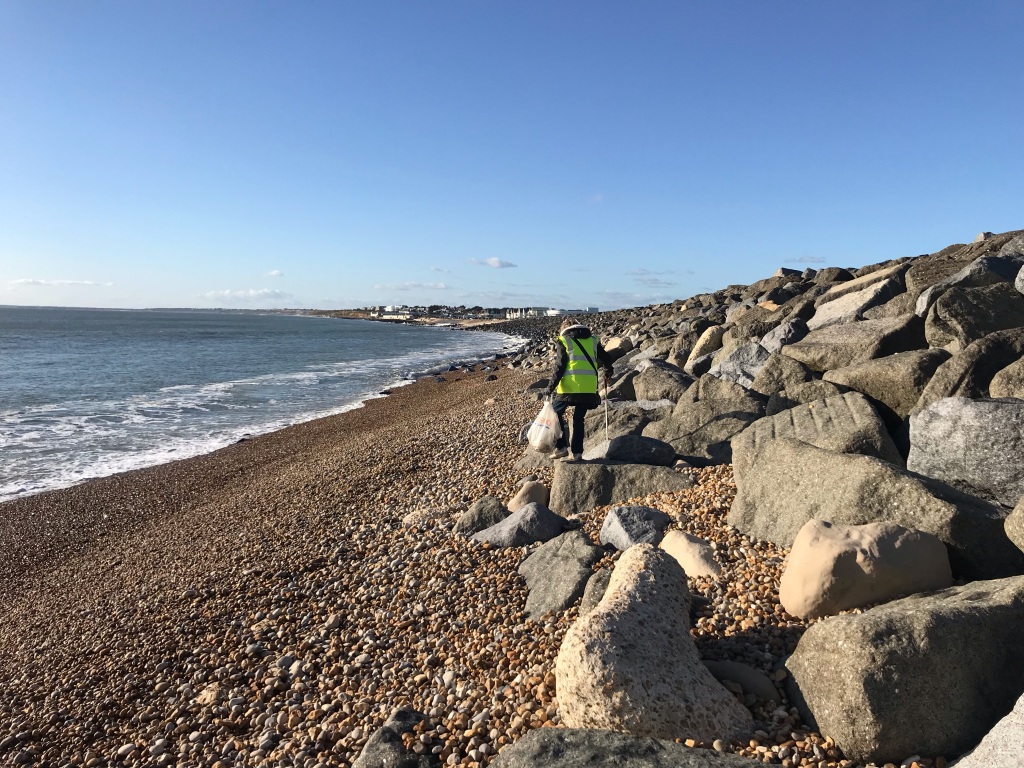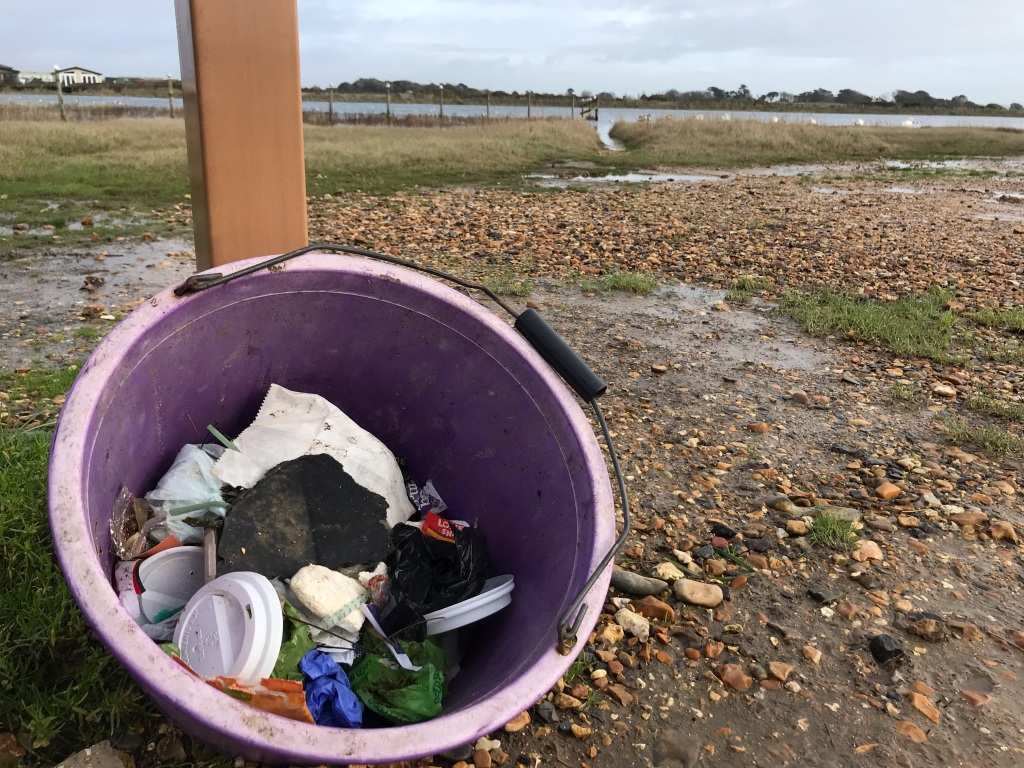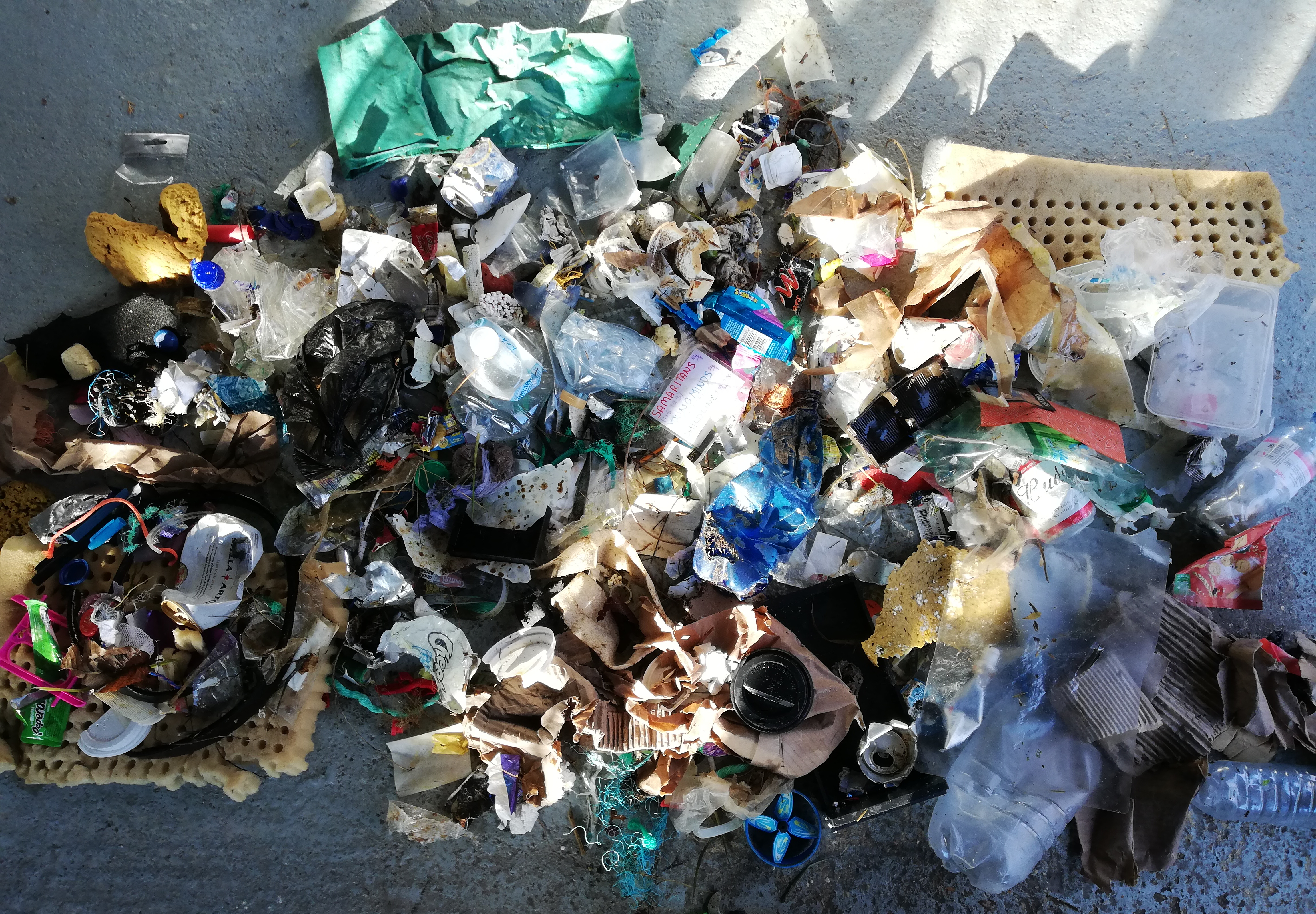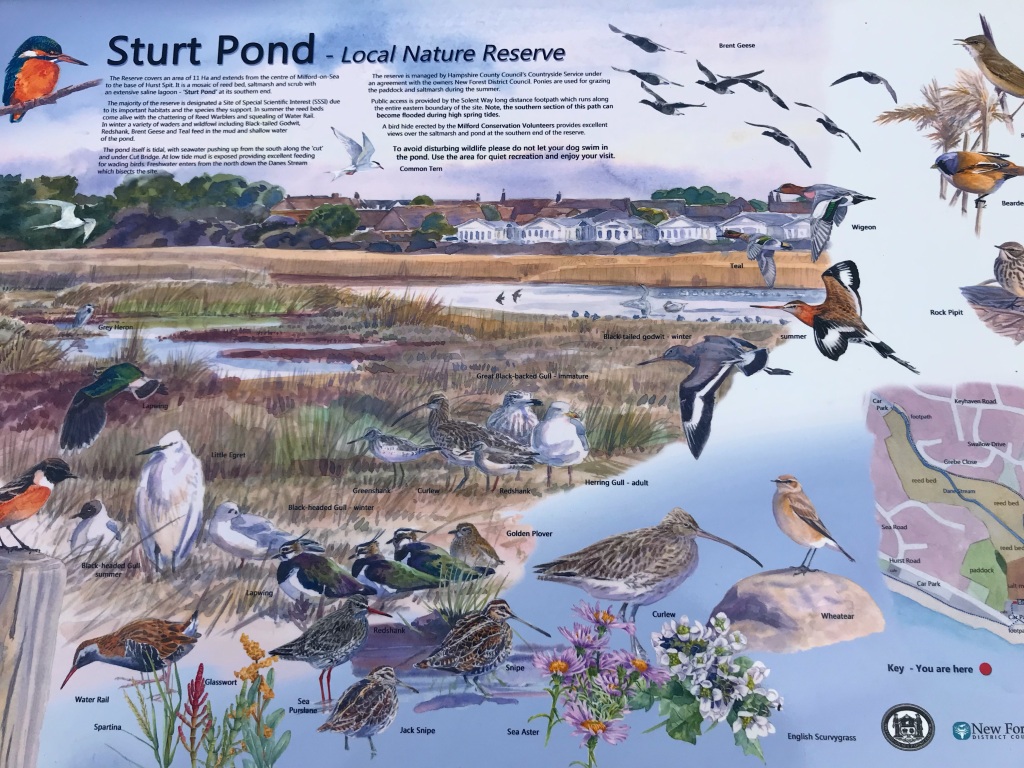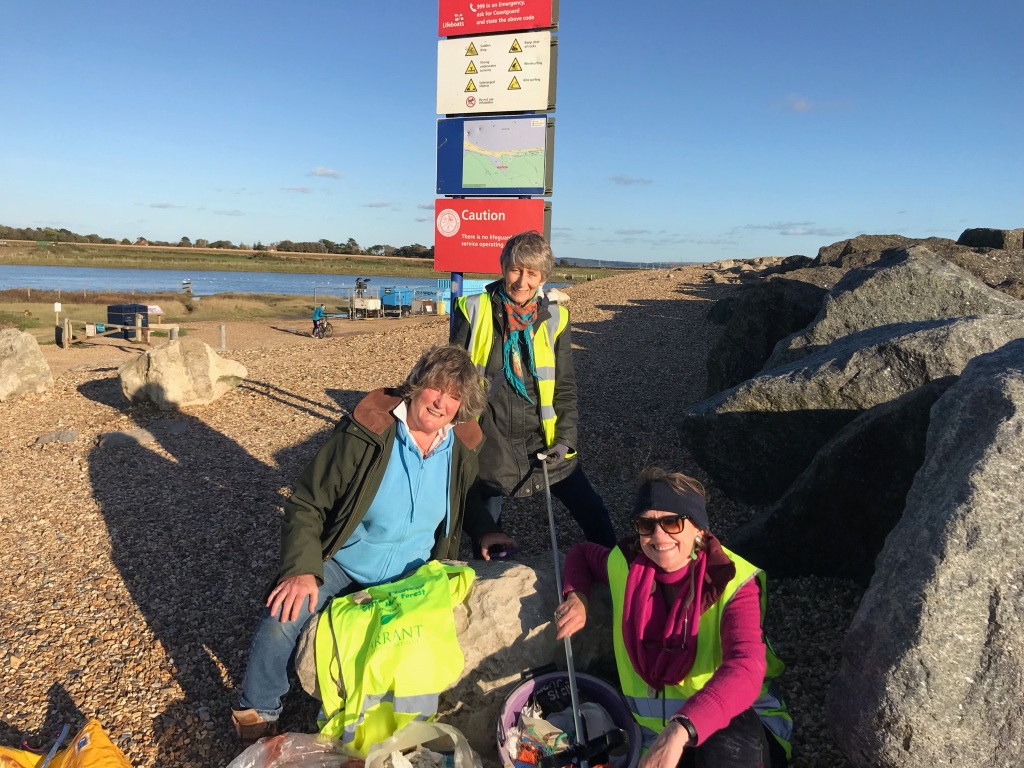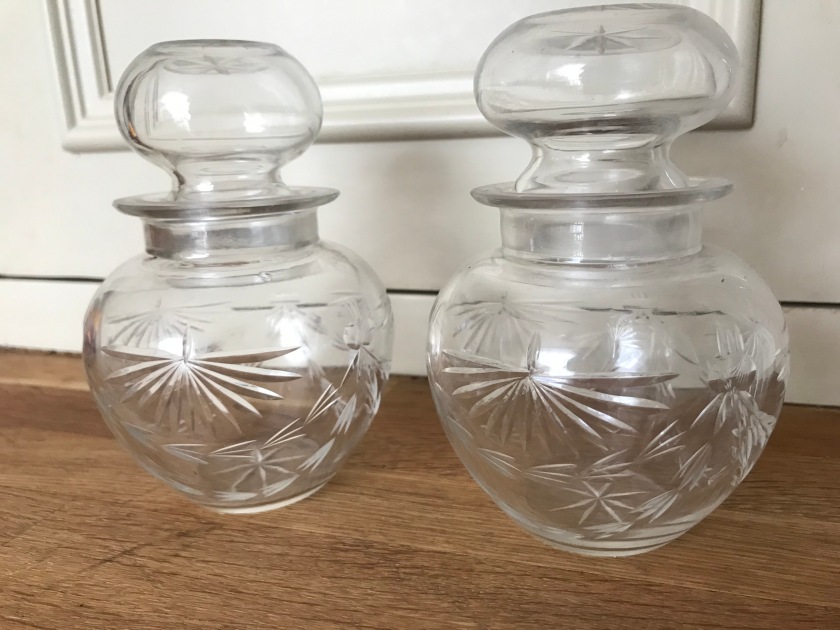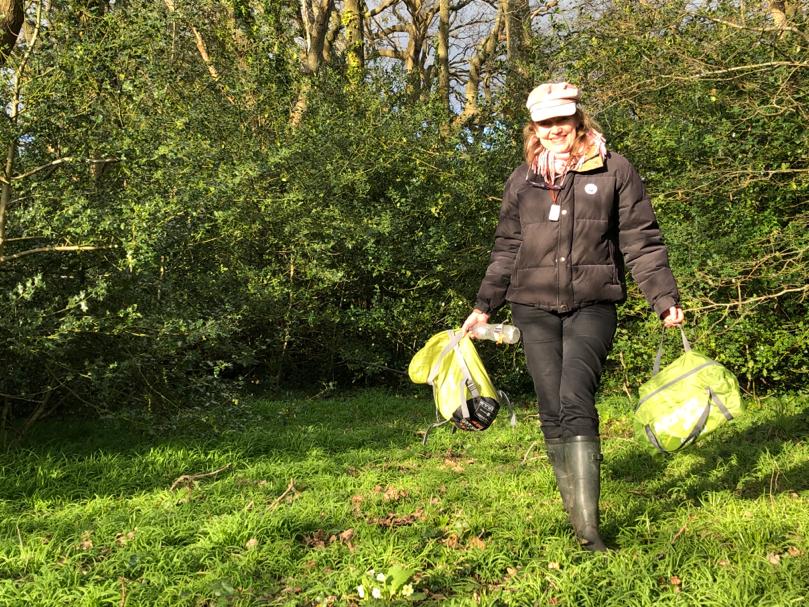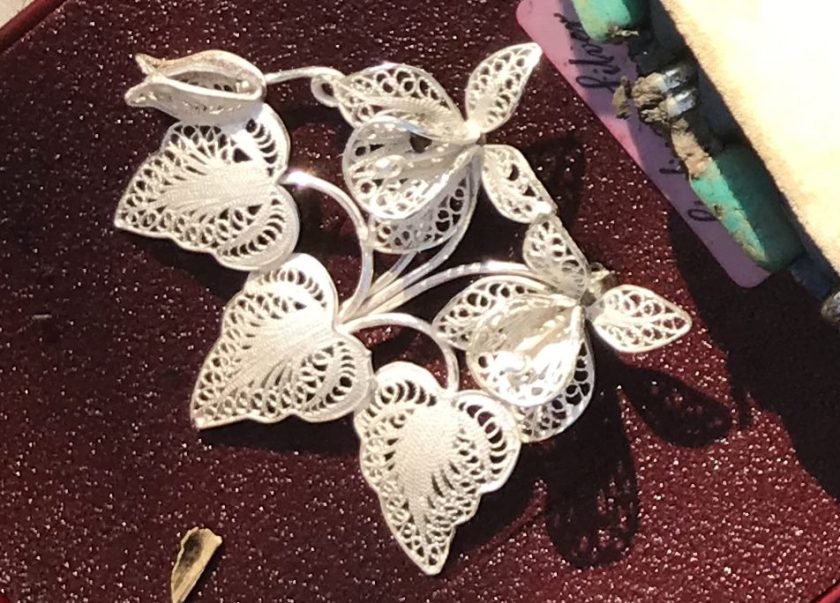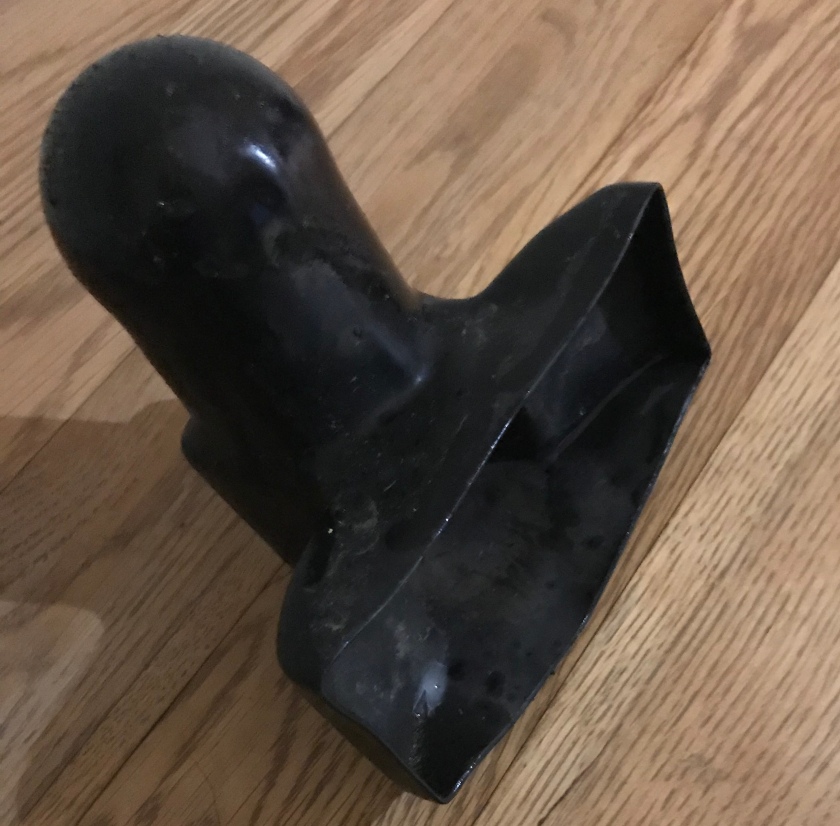“My professional life began at the age of ten when I gained a part in the first BBC adaptation of Cider With Rosie. Two years later, the director, Claude Whatham, invited me to interview for the part of Able Seaman Titty in the EMI film Swallows & Amazons (1974). He never thought to ask if either I, or Virginia McKenna who played my mother, could row a boat but I grew up next a lake in the Cotswolds where I was used to rowing a Thames skiff. In the film I had to row with a massive 35mm Panavision camera in the stern but it was fun. I started rowing more seriously at Durham University and managed to complete the five-hour Voga Longa in Venice on the crew of the Drapers’ shallop.
I began directing plays at university and won a place on the BBC General Trainee Scheme. After working on The Book Show and the live television chat show Russell Harty, I gained a job casting children on the BBC dramatisation of Coot Club and The Big Six. I then worked on serials such as My Family and Other Animals, Doctor Who, Eastenders and shot the wartime romance Bluebell in Paris before directing comic dramas for BBC Schools Television.

I was twenty-two when I first wrote for television. It was a disaster. My concept was accepted but Nicholas Parsons had to re-write the dialogue. I later put together a few drama documentaries and an INSET series for Schools Television, which worked well. In 2004, I was commissioned to write a feature film about Germans in Africa. Sadly, the producer died but I’ve continued to develop this and written a second screenplay that is currently winning international script awards. Both are based on true stories about the lives of family members who emigrated to East Africa in 1919.
I’ve always been attracted to the wilderness and the amazing people you find there. In 1985, I drove from London to Johannesburg, making my first documentary for Channel 4. In 1992, I emigrated to Southern Africa where I set up a couple of BBC wildlife series and a Blue Peter Summer Special.
I bought a horse, lived on different game reserves and spent time between contracts writing stories illustrated with sketches made while working for friends as a safari guide.
I’d begun riding at the age of four and had such obstreperous ponies as a child that nothing in the Africa bush daunted me. We had to do most of our own veterinary work in the Okavango Delta. I ended up nursing a stallion who’d been scratched on the rump by a lion and became a great believer in Epsom salts.
I have drawn all my life but only turned professional as a wildlife artist after I broke my pelvis falling off someone’s horse. My grandfather, HW Neville, was a landscape artist who became the first art master at Stowe School after service as a re-mounts officer in WWI. Like him, I took to painting watercolours outdoors, began exhibiting in London, and made enough money at a solo exhibition to go on a YWAM Discipleship Training Course in New Zealand. On returning home, I felt called to adapt a diary I’d once kept into a humorous book entitled Funnily Enough, which was serialised in iBelieve magazine.
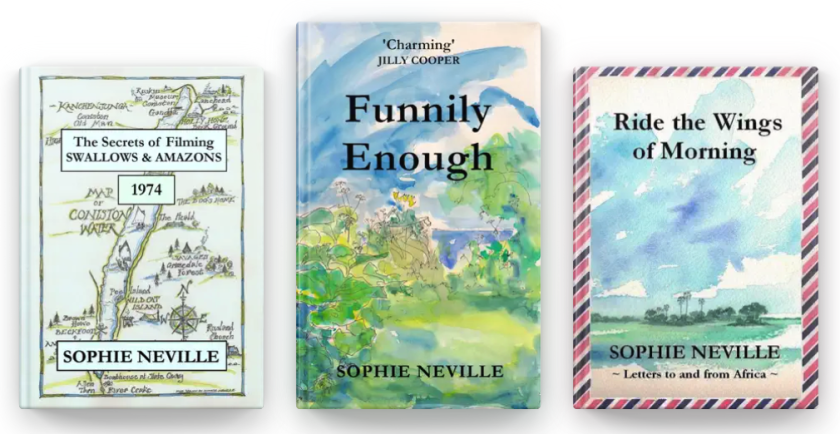
I somehow brought out Ride the Wings of Morning, followed by The Secrets of Filming Swallows & Amazons when we were renovating the family home in Hampshire and began writing articles while contributing to non-fiction publications. I now belong to a consortium of Christian writers called Resolute Books, with Ruth Leigh, Clare Dunn, Paul Trembling, Liz Carter and members of the Association of Christian Writers. My paperback on The Making of Swallows and Amazons is published by The Lutterworth Press. They are based in Cambridge where I spoke on writing for the screen at the British Christian Writers’ Conference last year.
We had a little miracle: Funnily Enough, which is a Christian testimony, reached No. 2 in all categories for free Kindle downloads in the UK. It was down-loaded at 250 copies and hour. After giving away 16,000 e-copies, I was in bed, recovering from a horrid biopsy, when a cut-glass crystal trophy arrived in the post: Funnily Enough had won third prize in the International Rubery Book Award.
I love the writing of CS Lewis, Adrian Plass and Catherine Fox, although Arthur Ransome has had the greatest impact on my life. I’ve given over a hundred talks about filming Swallows and Amazons and will be appearing at the Swallows and Amazons Festival at Windermere Jetty in Cumbria this summer. The Arthur Ransome Society – the second biggest literary society in Britain – is bringing along the boats used in the film along. Members of the cast and crew will be able to see the original Amazon owned by members of the Altounyan family, Arthur Ransome’s dinghy Coch-y-Bonddhu and hopefully travel on the MV Tern, which the Swallows nearly crashed into on film.
I’ve been representing Bible Society since going on a short-term mission to China in 2011. We visited the Amity Printing Press, various churches and met pastors around the country. Bible distribution is conducted openly, and is both well-organised and joyous. There are often speeches, music and songs, and sometimes free hair cutting or gynae scans for women whose health was compromised by the one-child policy. I’m now Bible Society’s volunteer speaker for the New Forest and Isle of Wight, so let me know if you need a slide show.
I now spend far too much time behind a laptop but live on the South Coast where I take exercise by collecting flotsam. Becoming New Forest Beach Cleaner of the Year was a surprise butlitter gives me plenty to write about. You find the strangest things. There are now about 2,000 Litter Pickers of the New Forest clearing up the National Park before our wildlife chokes to death. They’re all amazing.
I met my husband at an archery meeting in Worcestershire. I was fed up with being single and complained to the Lord, asking “Why can’t I marry that man?”. The archer in my sights proposed to me six weeks later. His grandfather had been an Olympic archer who’d introduced my parents to the longbow in the ’sixties. Mum had given the Amazons lessons on how to shoot for the film Swallows and Amazons when we children had all wanted a go. I picked up the basics in the Lake District and became just good enough to gain the leading role as an archery champion in an adventure movie called The Copter Kids when I was fifteen. We now belong to three archery societies and sometimes win the odd trophy. It’s the only word that rhymes with Sophie.
Other answers to prayer have been pretty dramatic. Try taking medicines into a war-torn African country and you’ll find out. Shattered lives, cruelty, destruction and waste make me angry. Litter falls under this category. Fulfilment of potential makes me happy. I like walking along beaches and riding through the wilderness. I love the sound of waves and horses.
The promises of God are what give me hope for the future. I pray for their fulfilment. If locked in a church it would be nice to be with my husband. He’s never ever failed to stop and pray with me but we risk talking about the mundane. The South African intercessor Bernie Mostert would probably use the time most powerfully, but I’m yet to meet him.
There’s an apparent demand for family films and faith-based scripts in America. My own work in progress is called Banana Man – The True Story. It’s about singleness and marriage with humour akin to Debbie Isitt’s film Nativity! starring Martin Freeman. Spare me a prayer. It would be fun it that got off the ground.”






